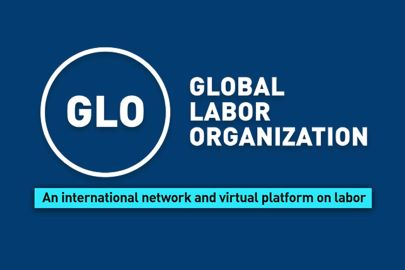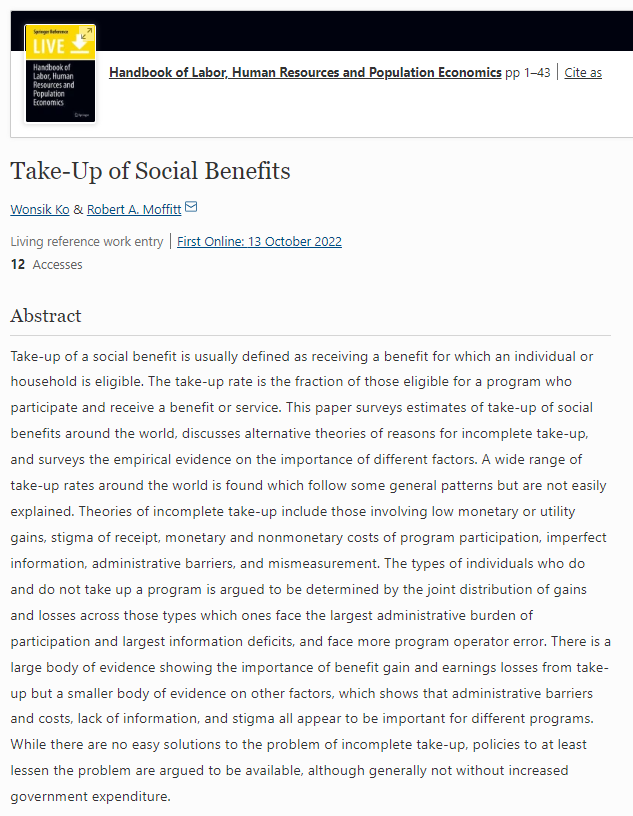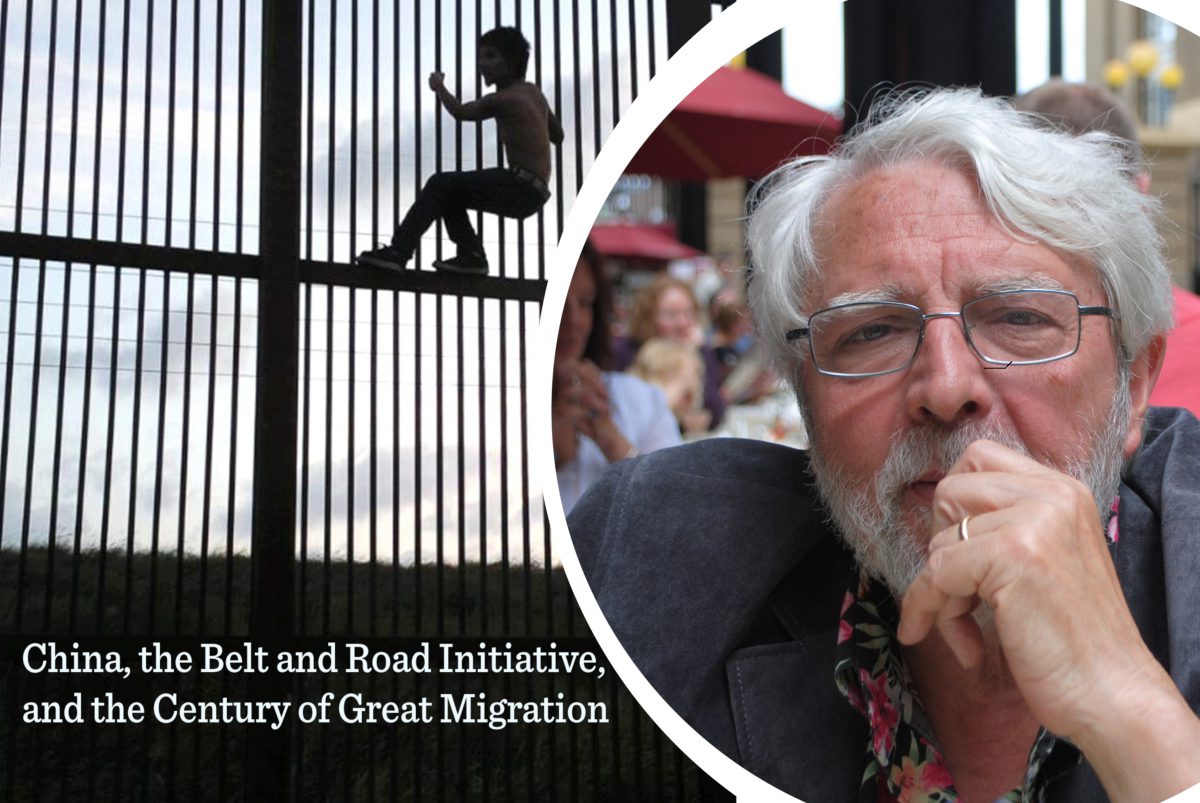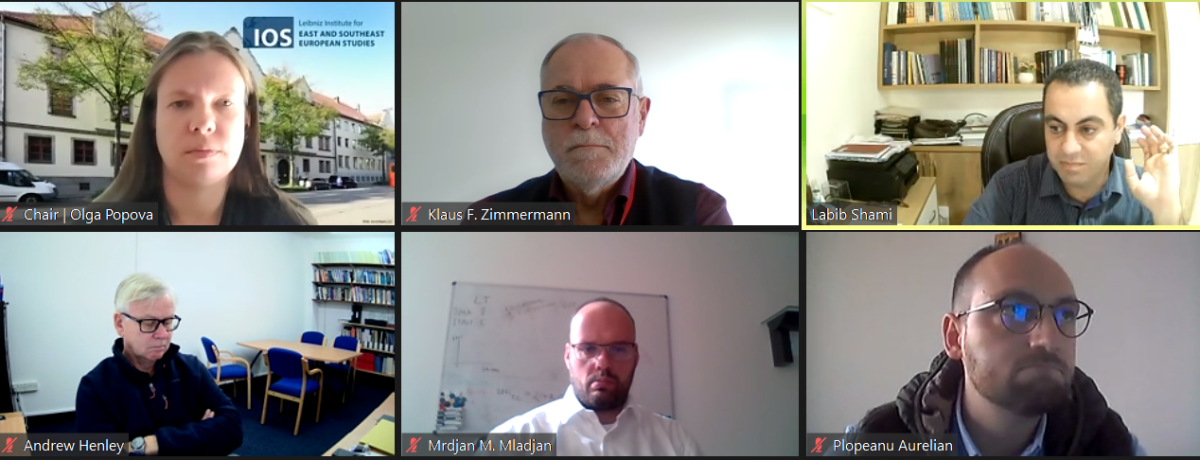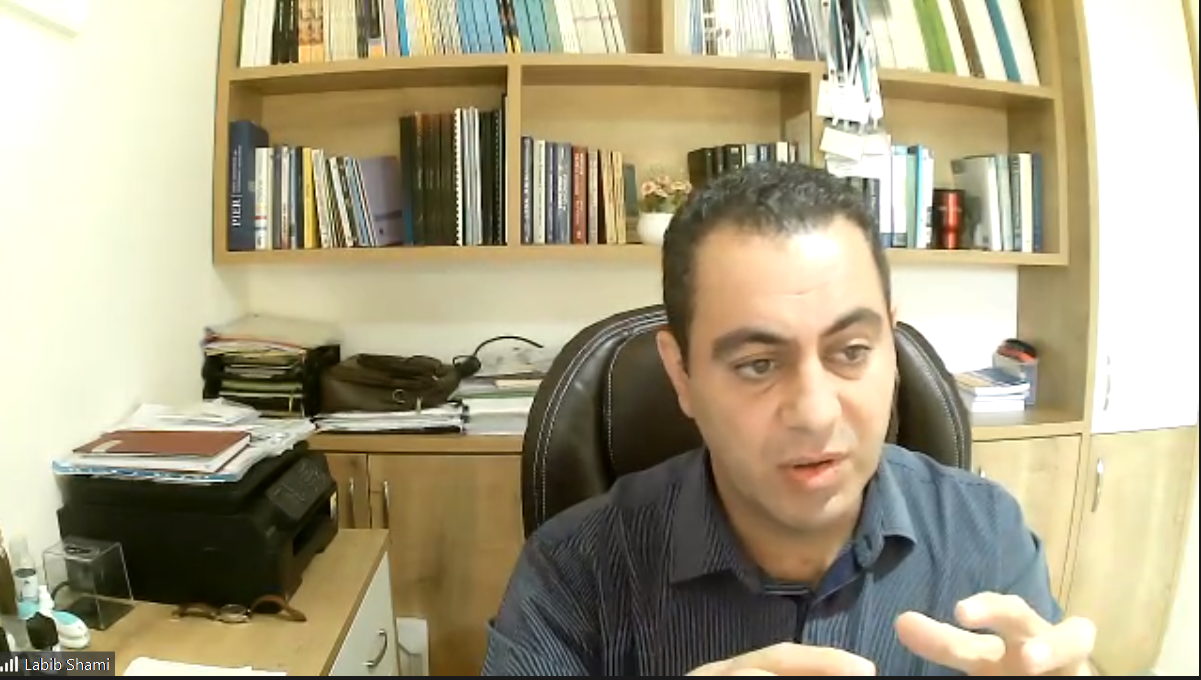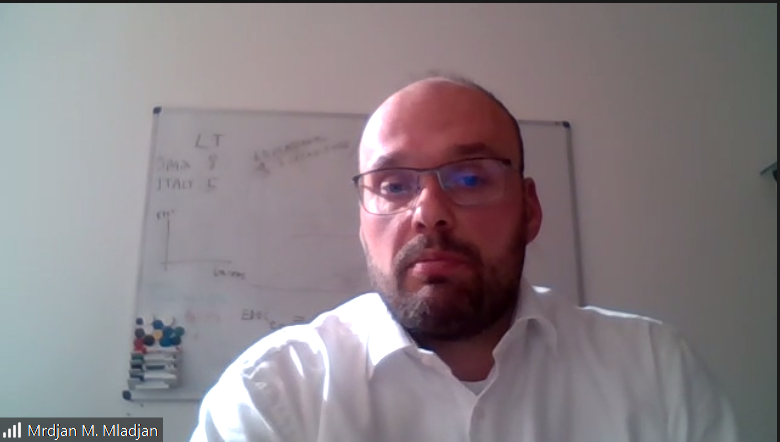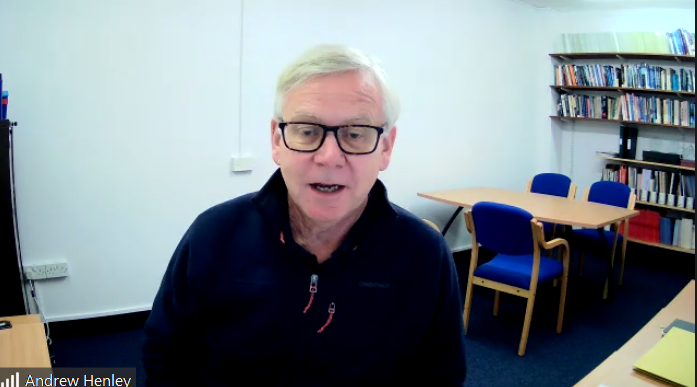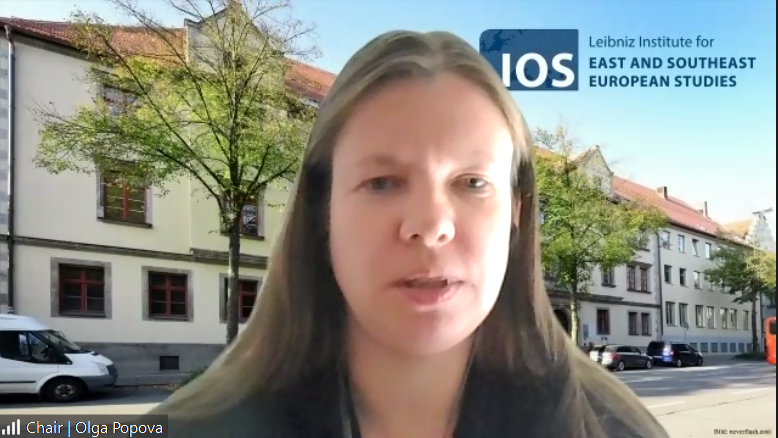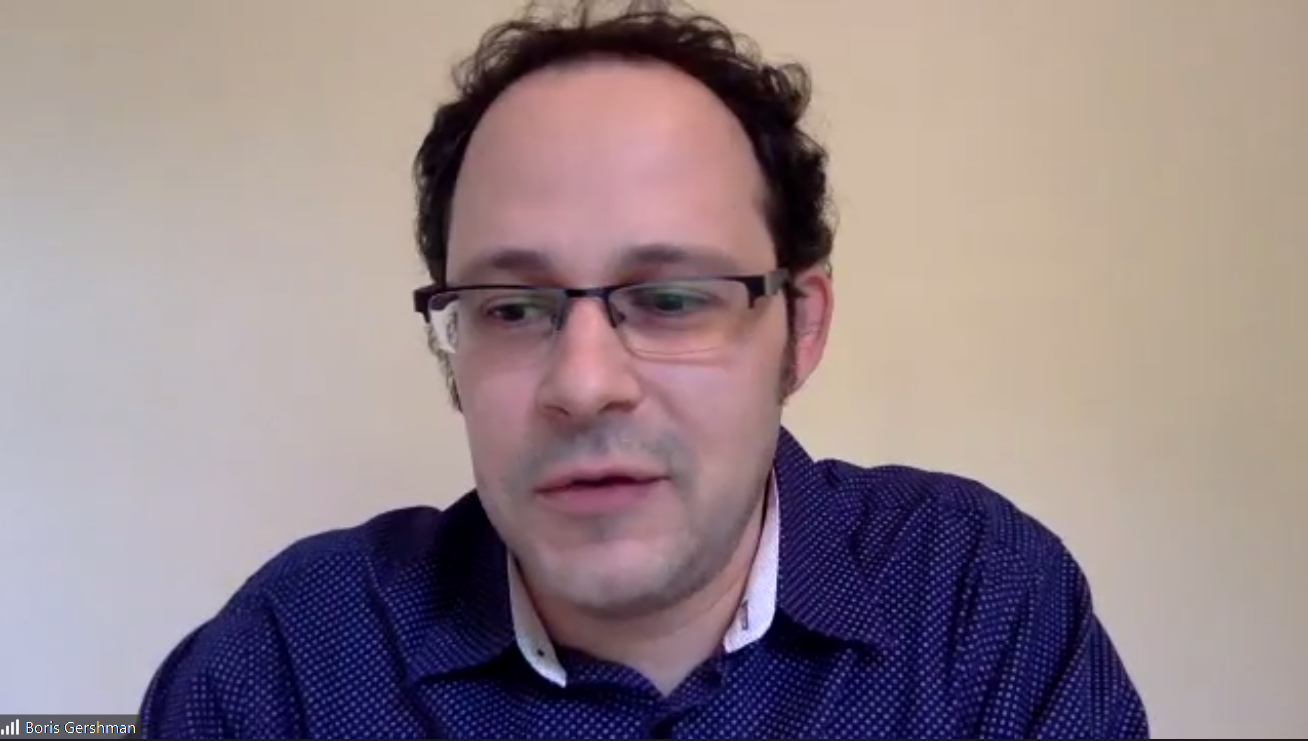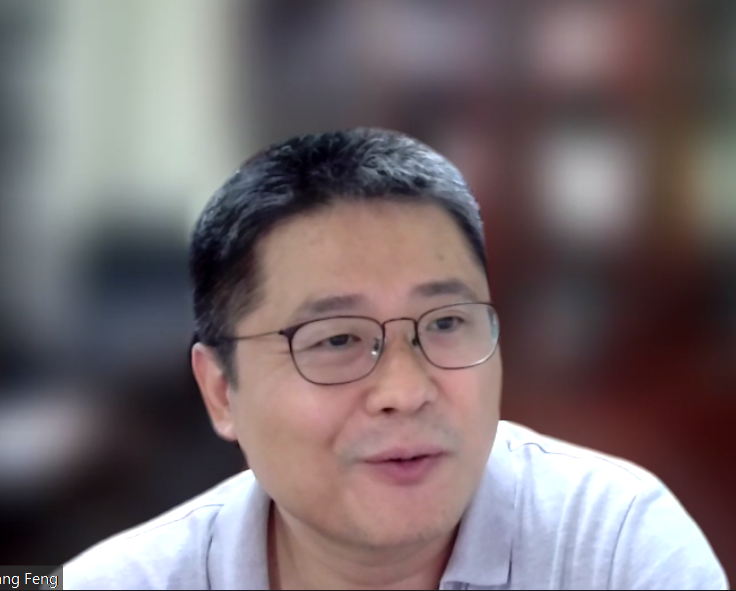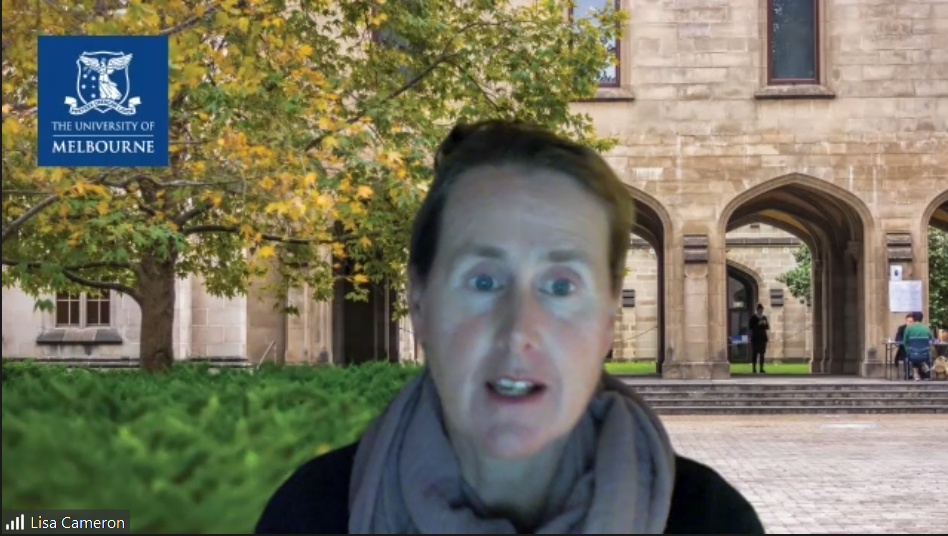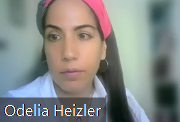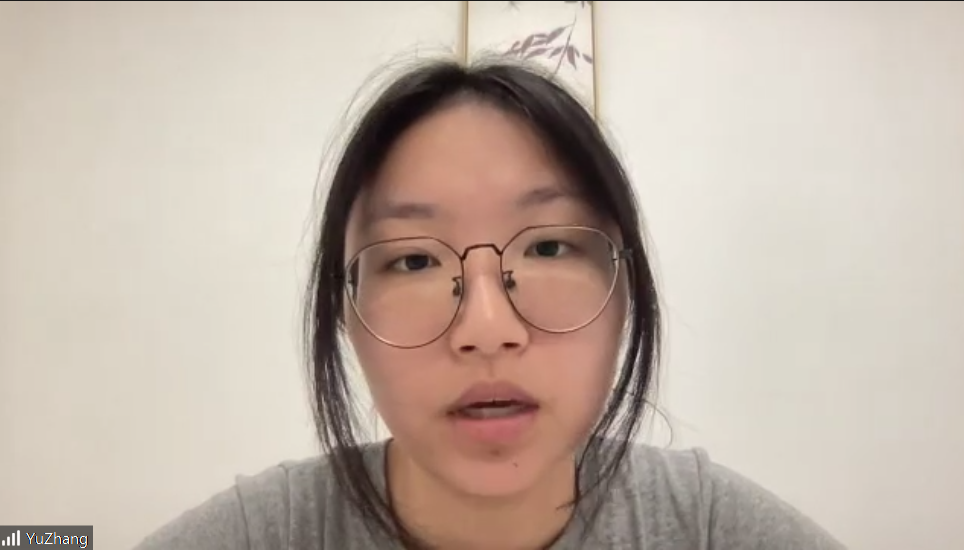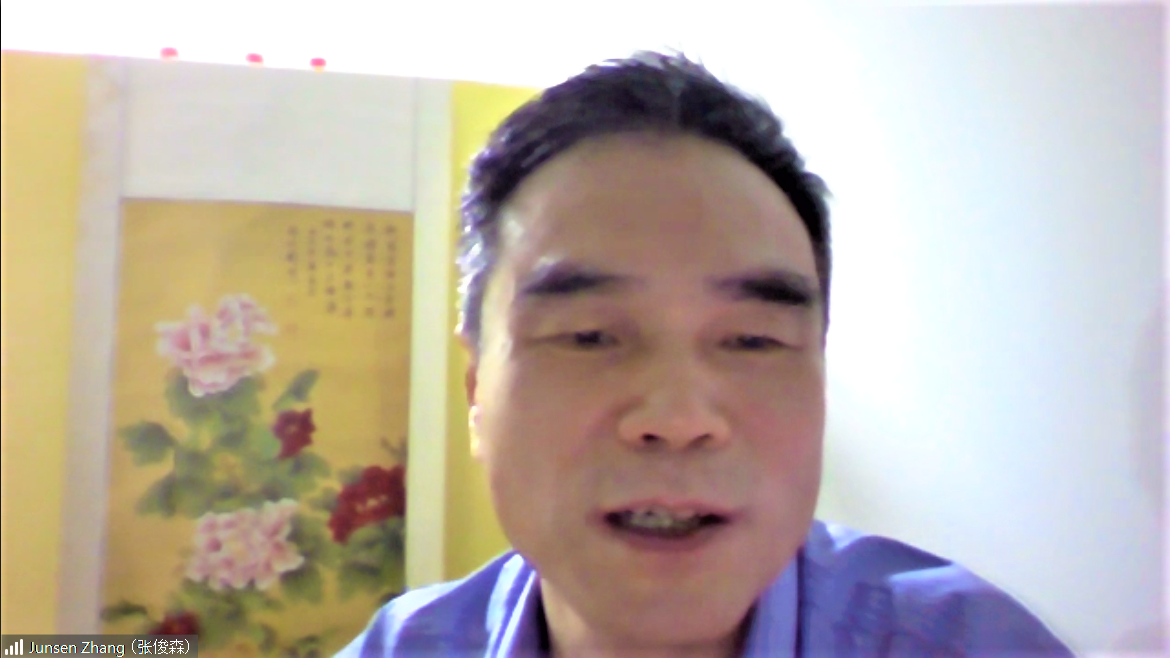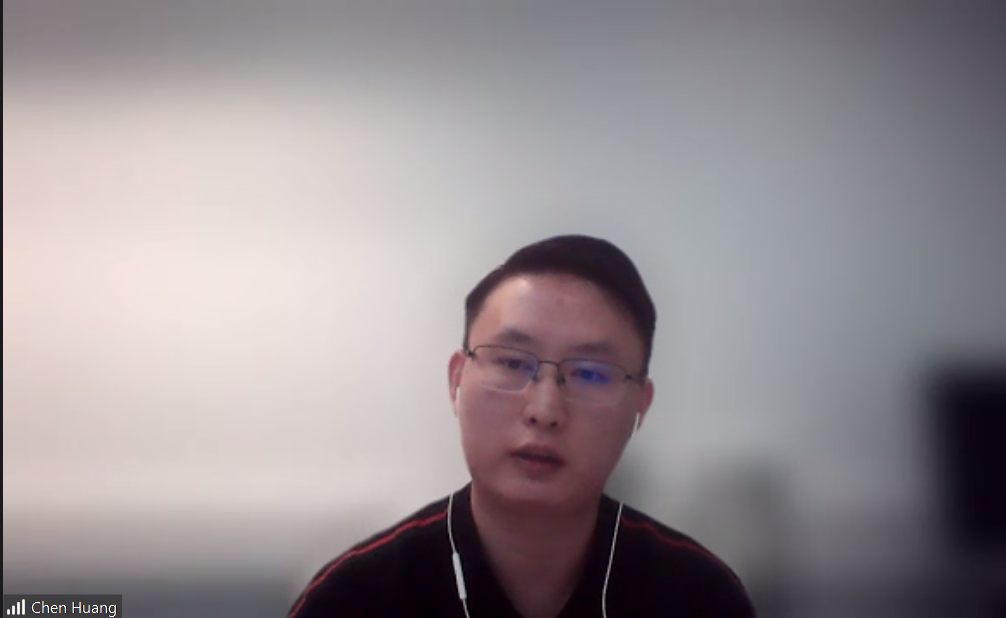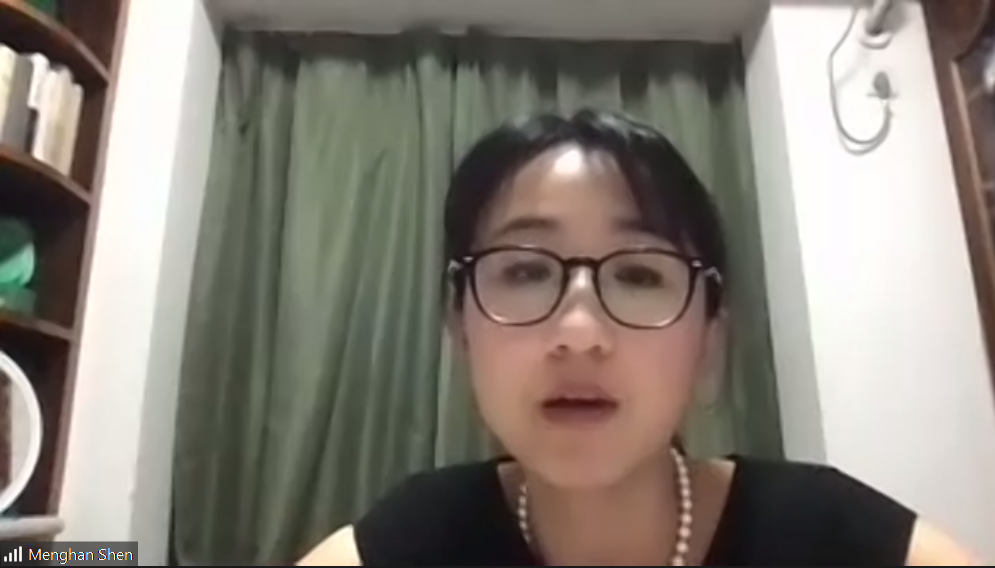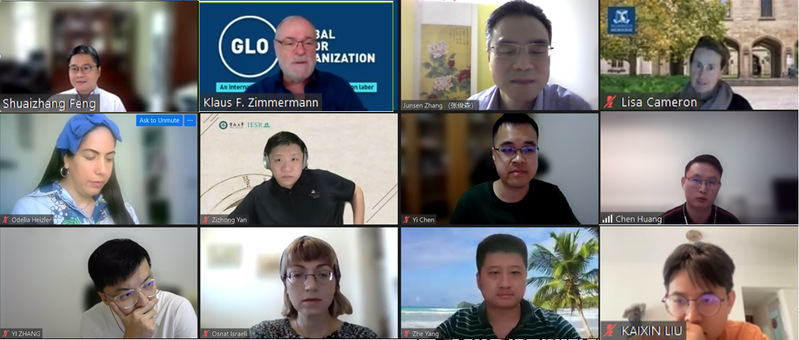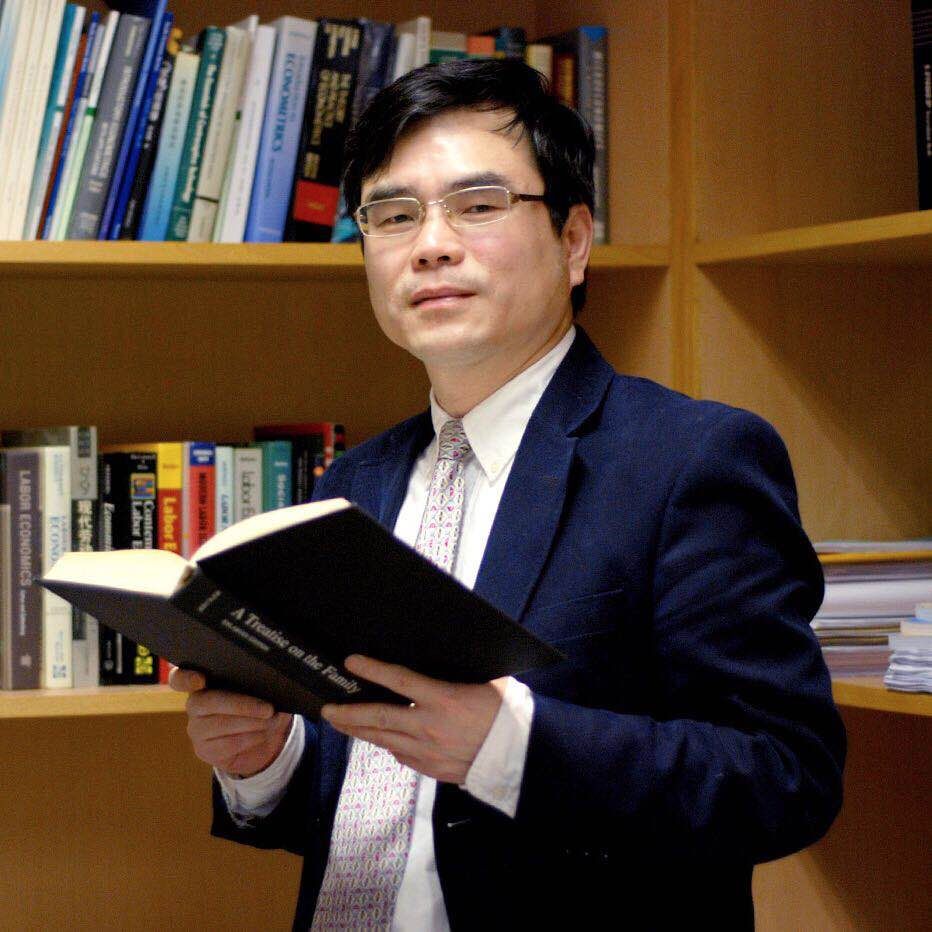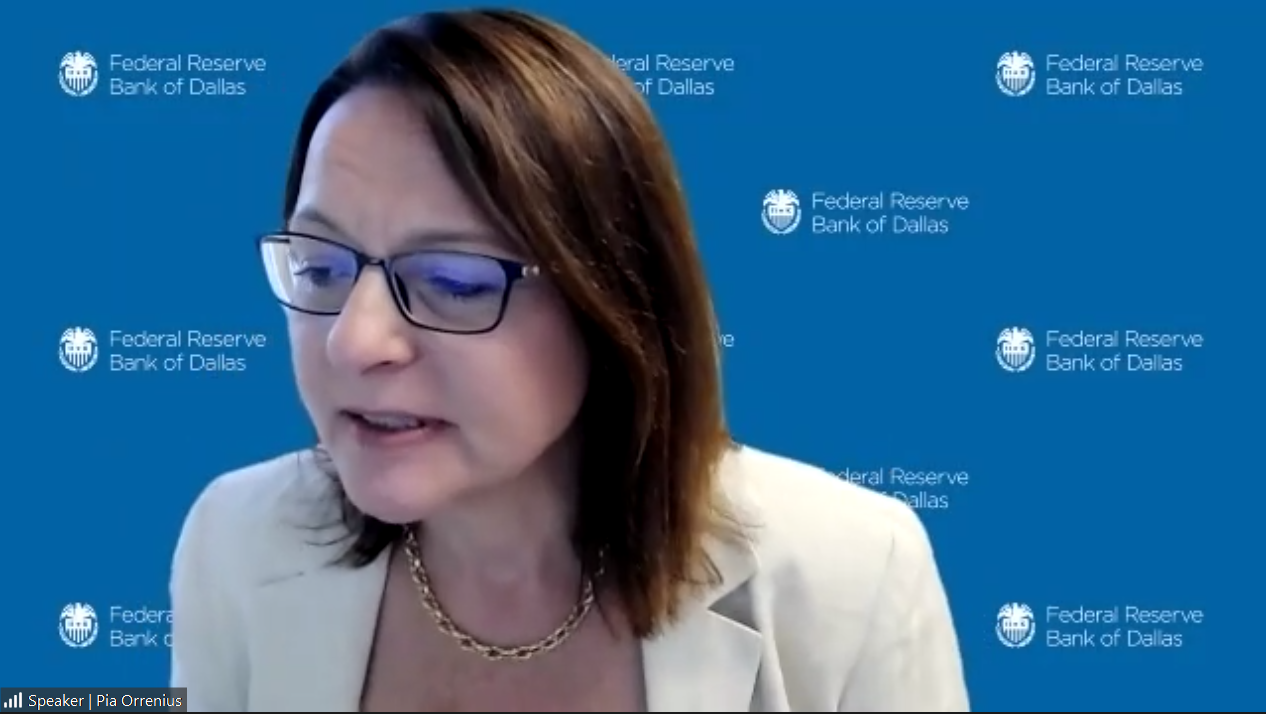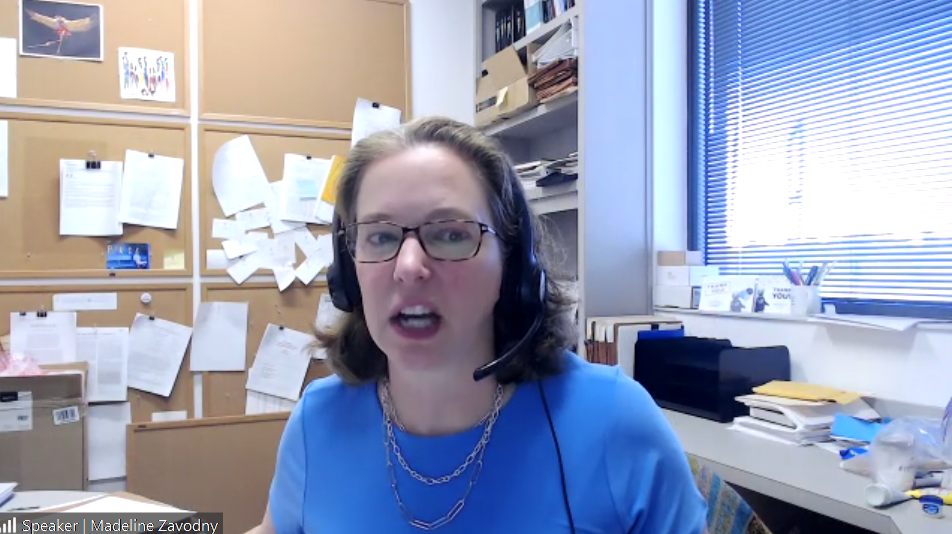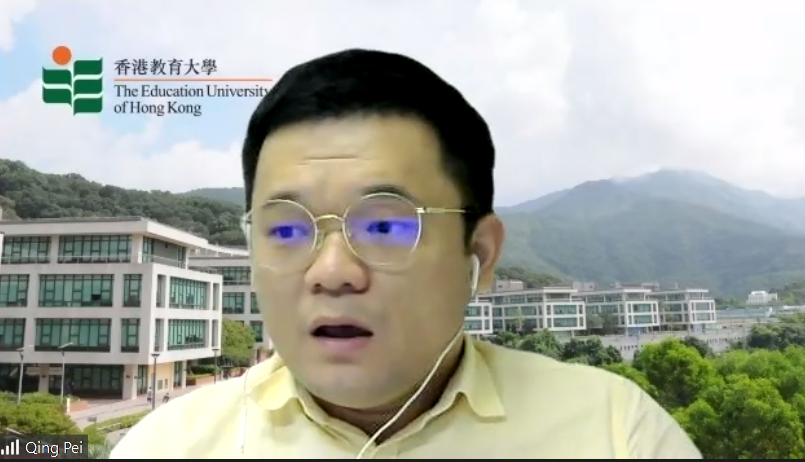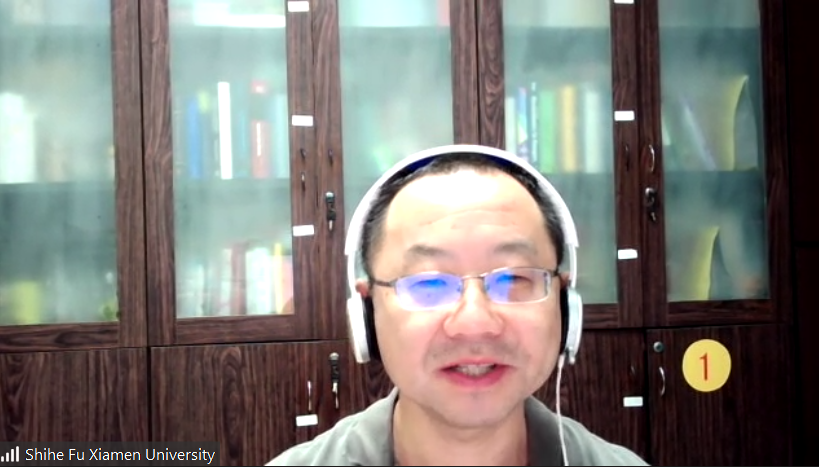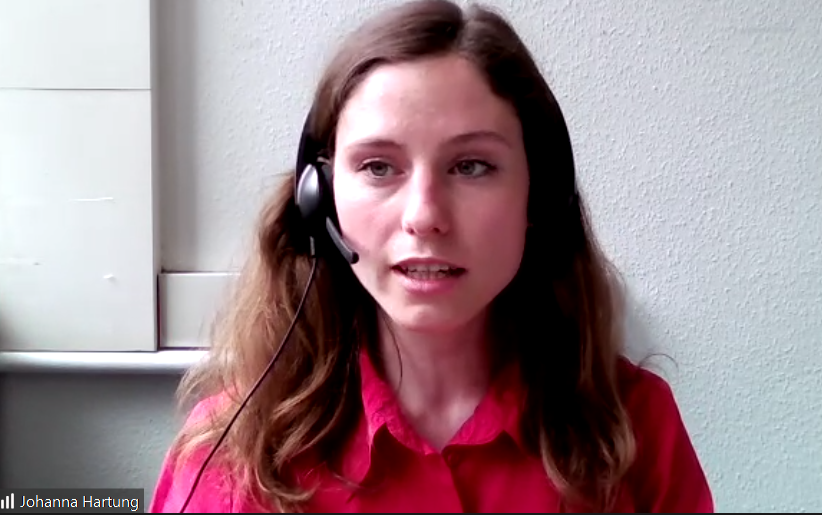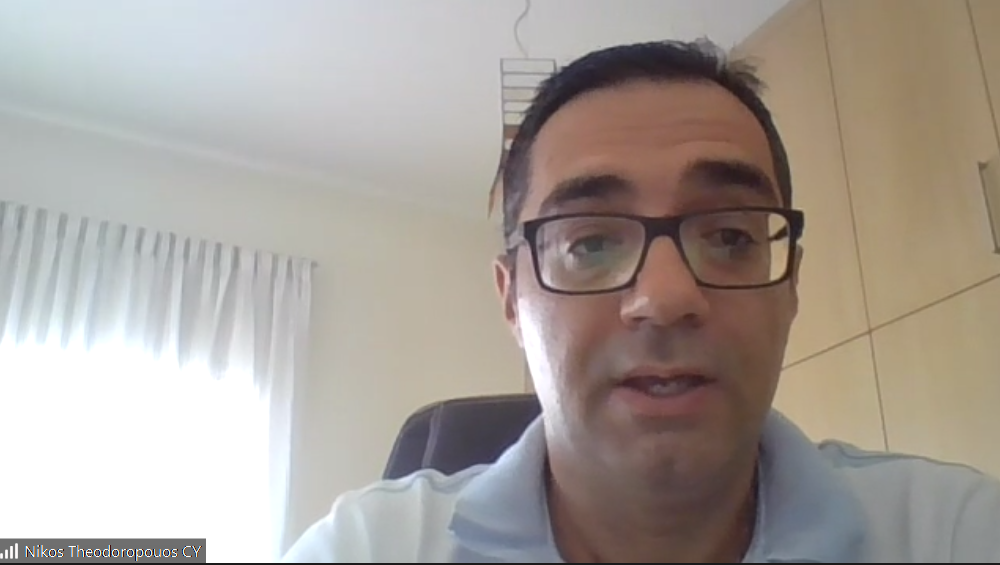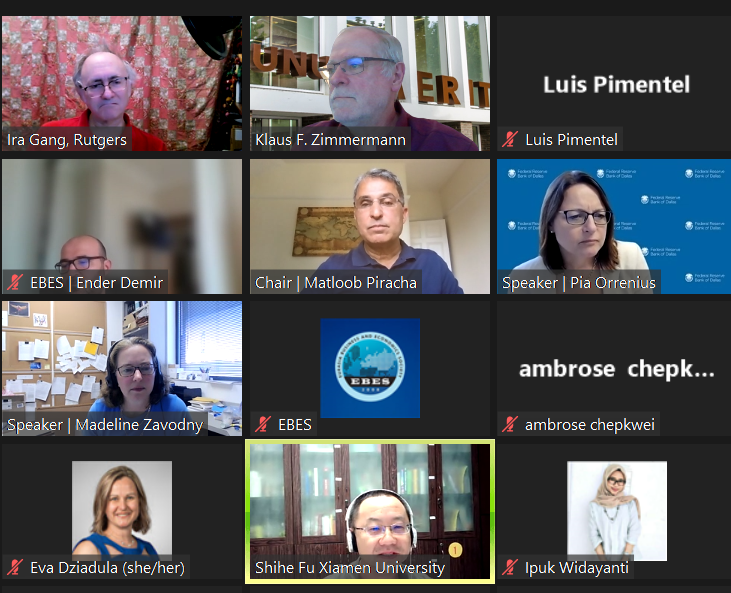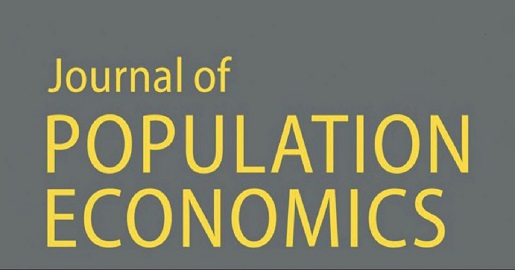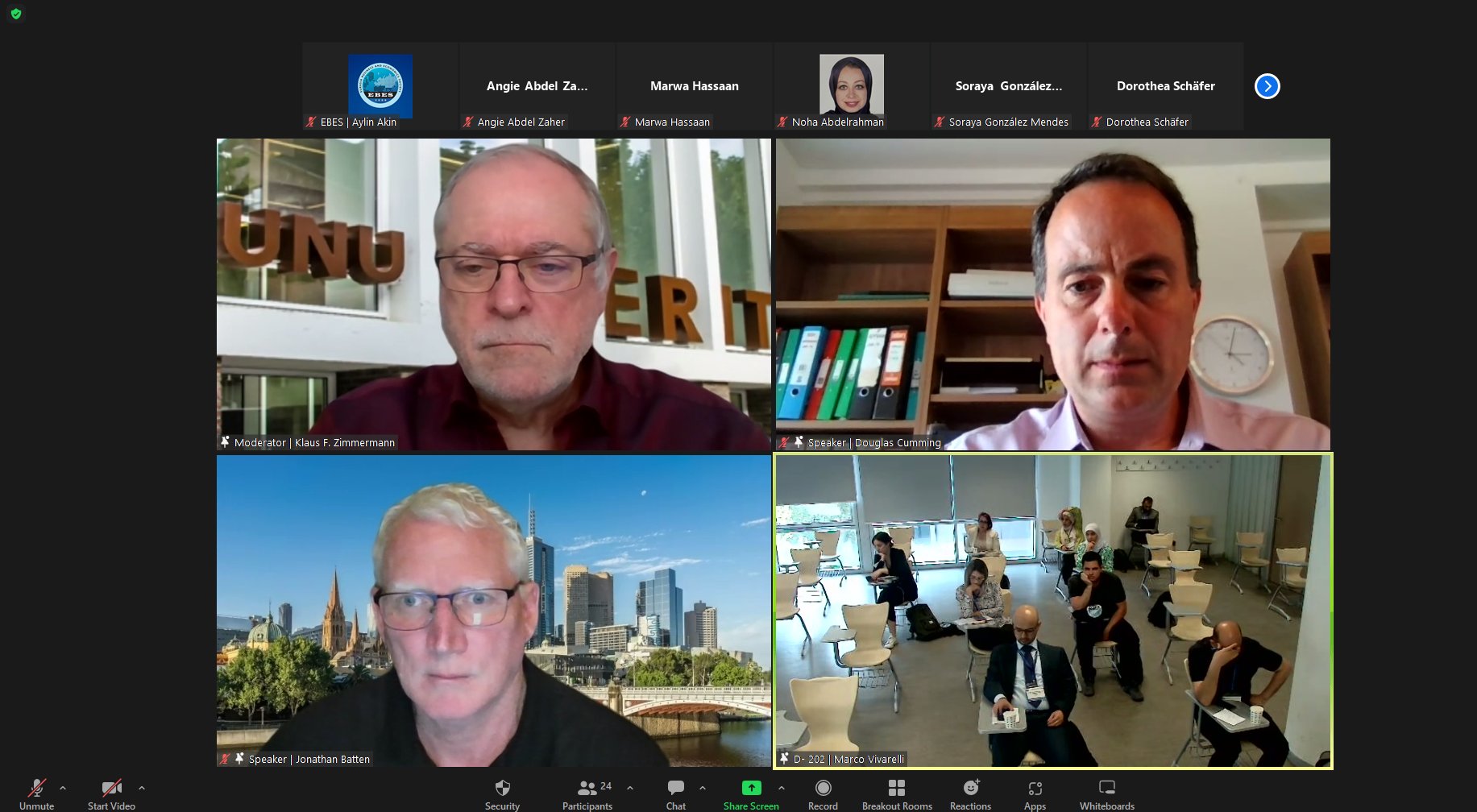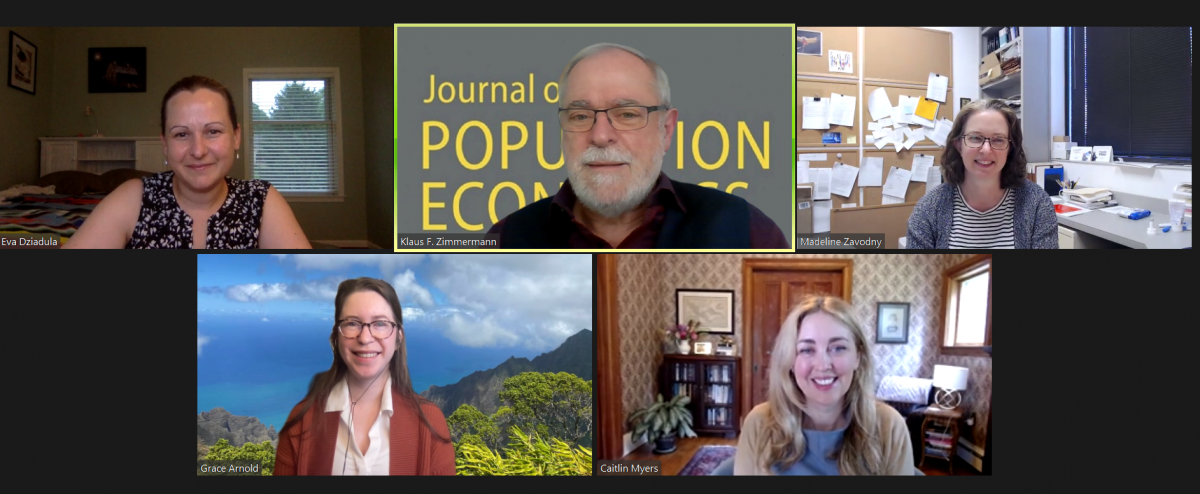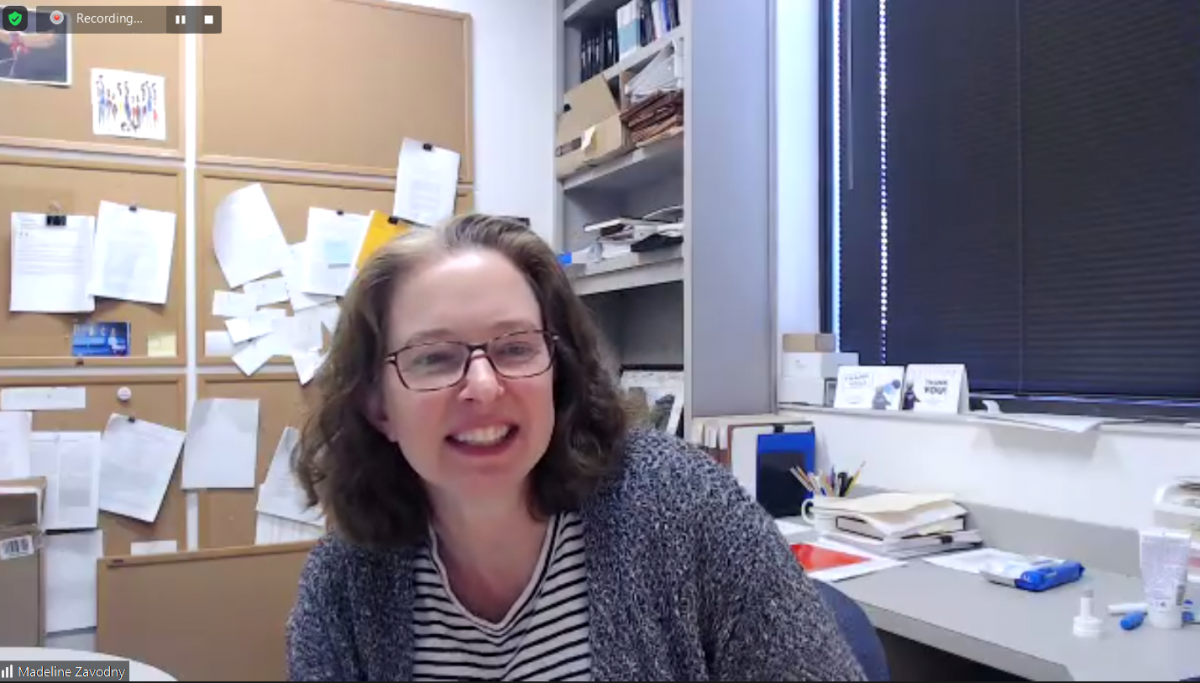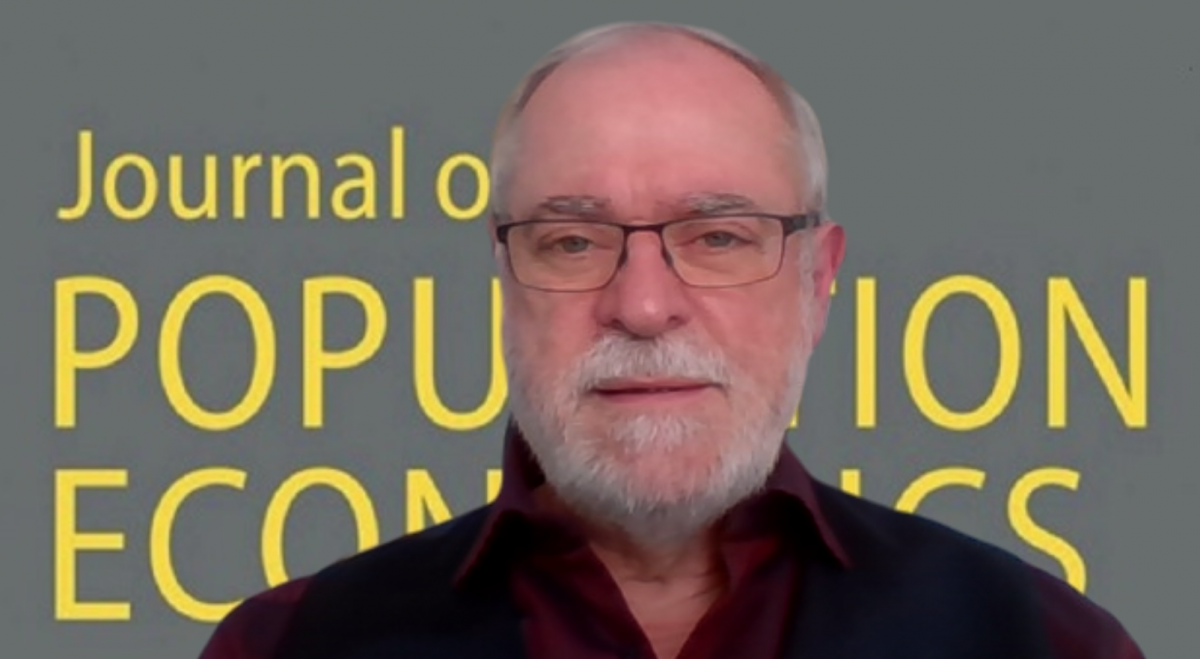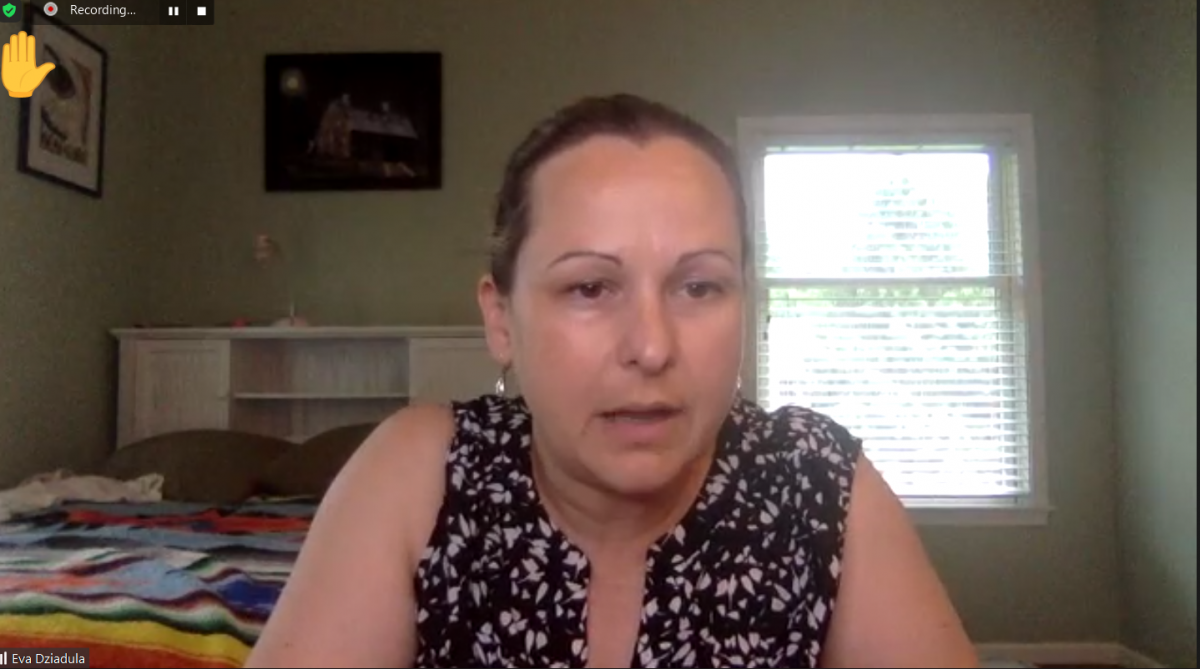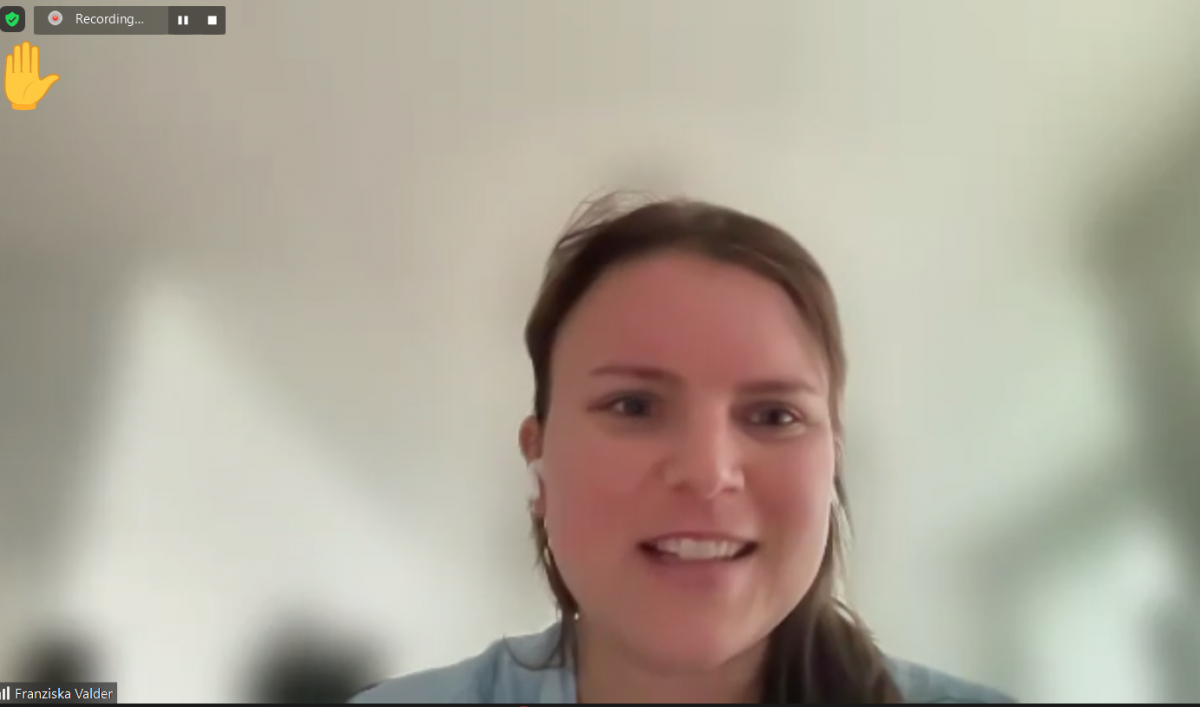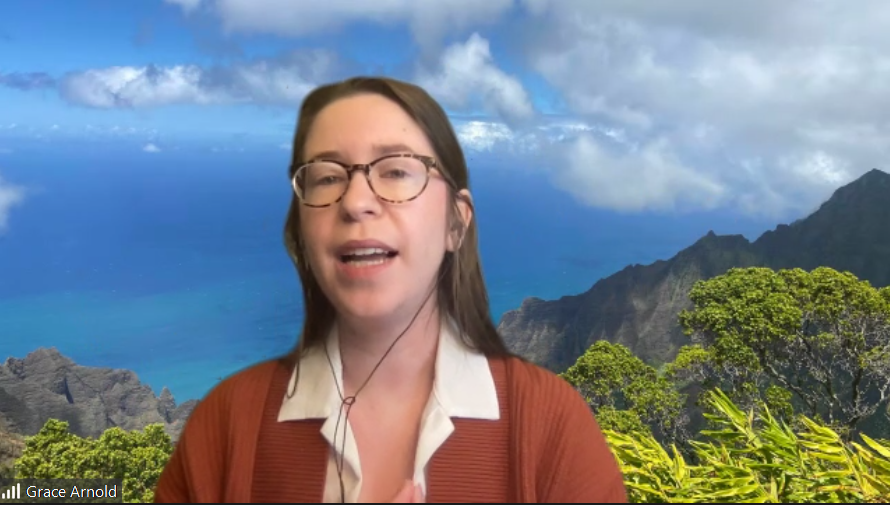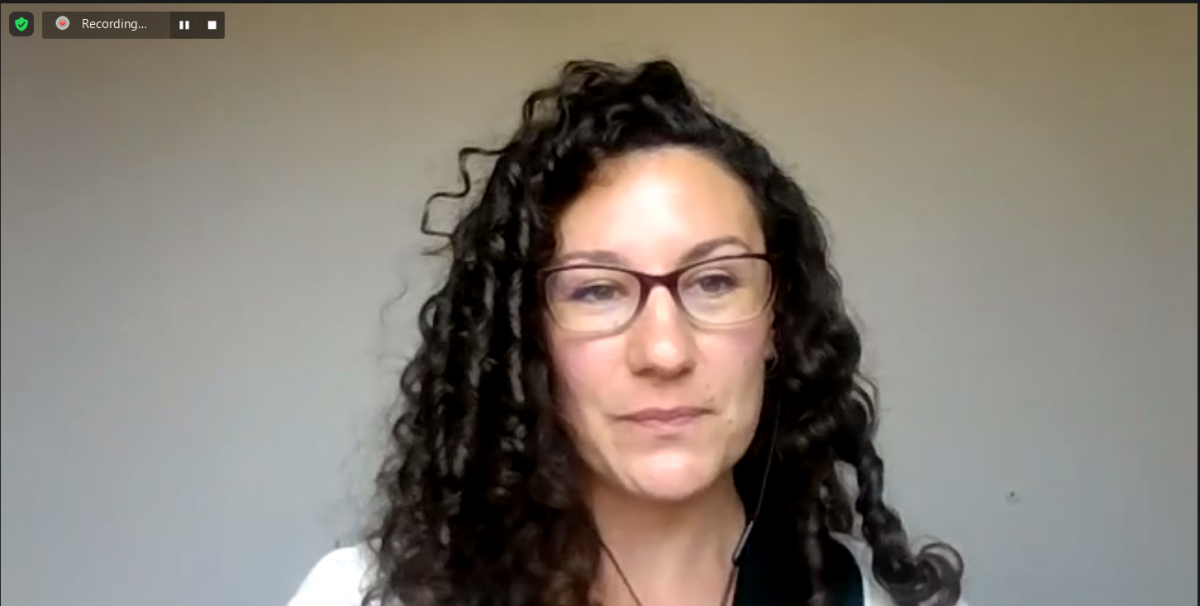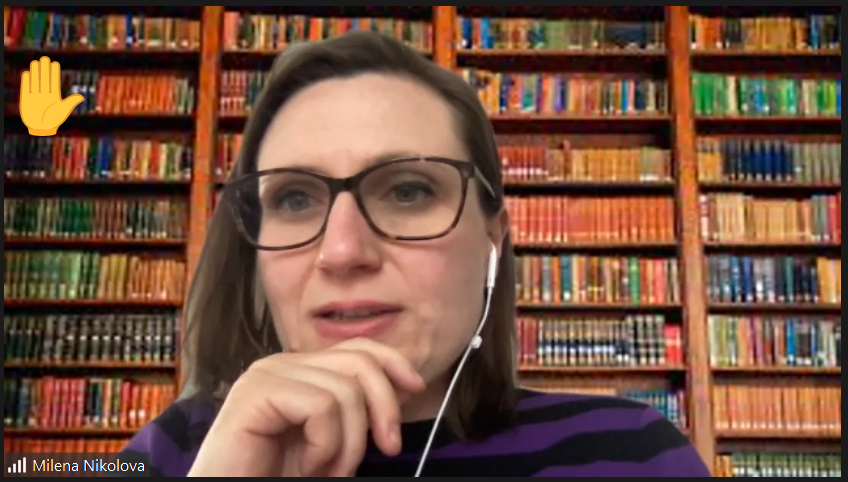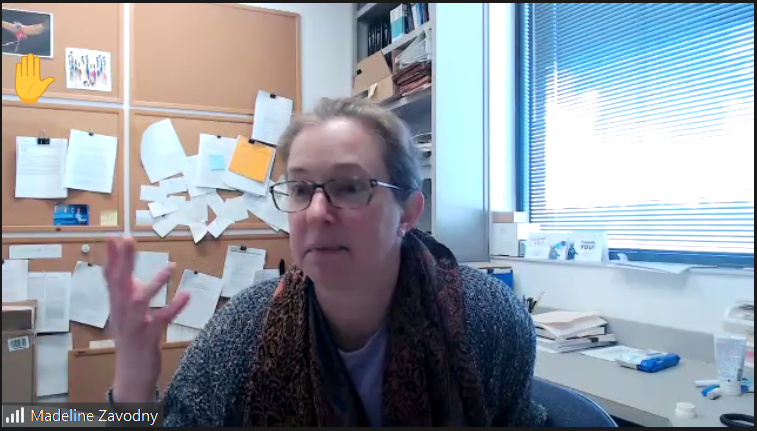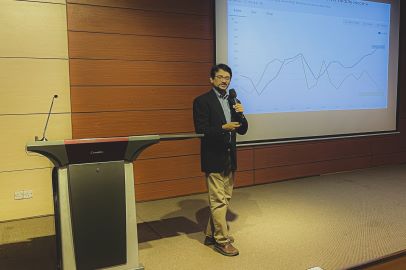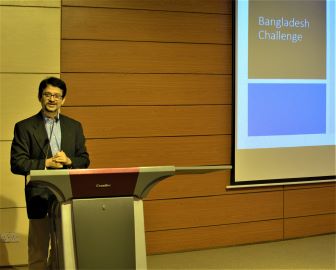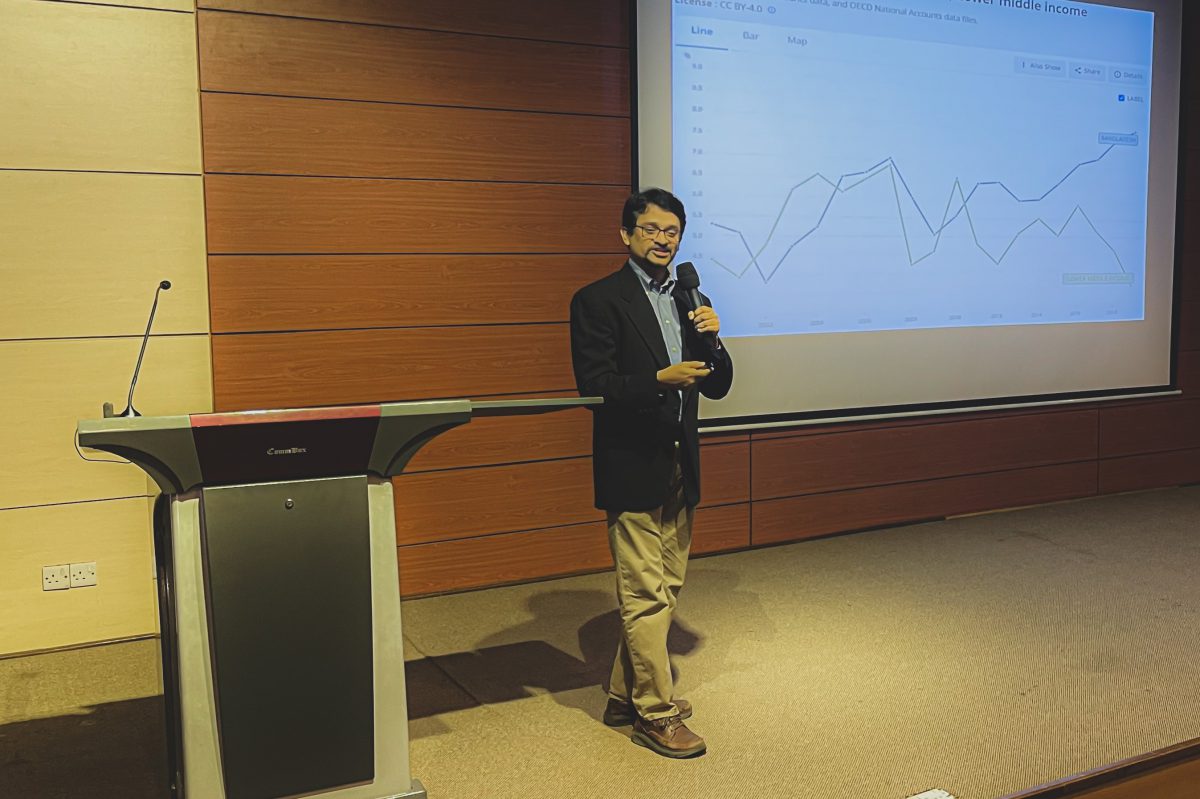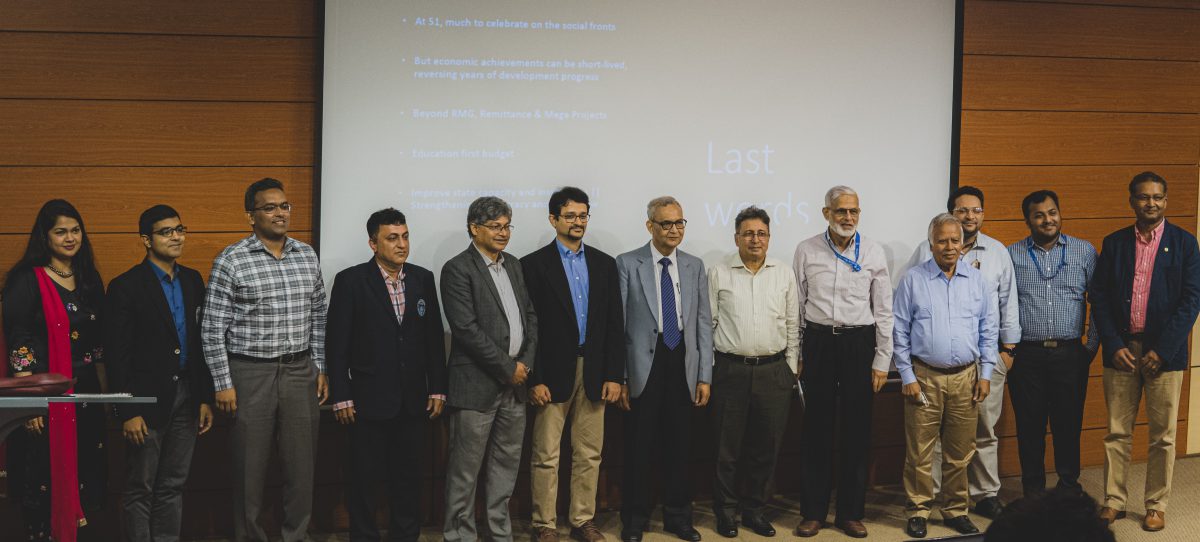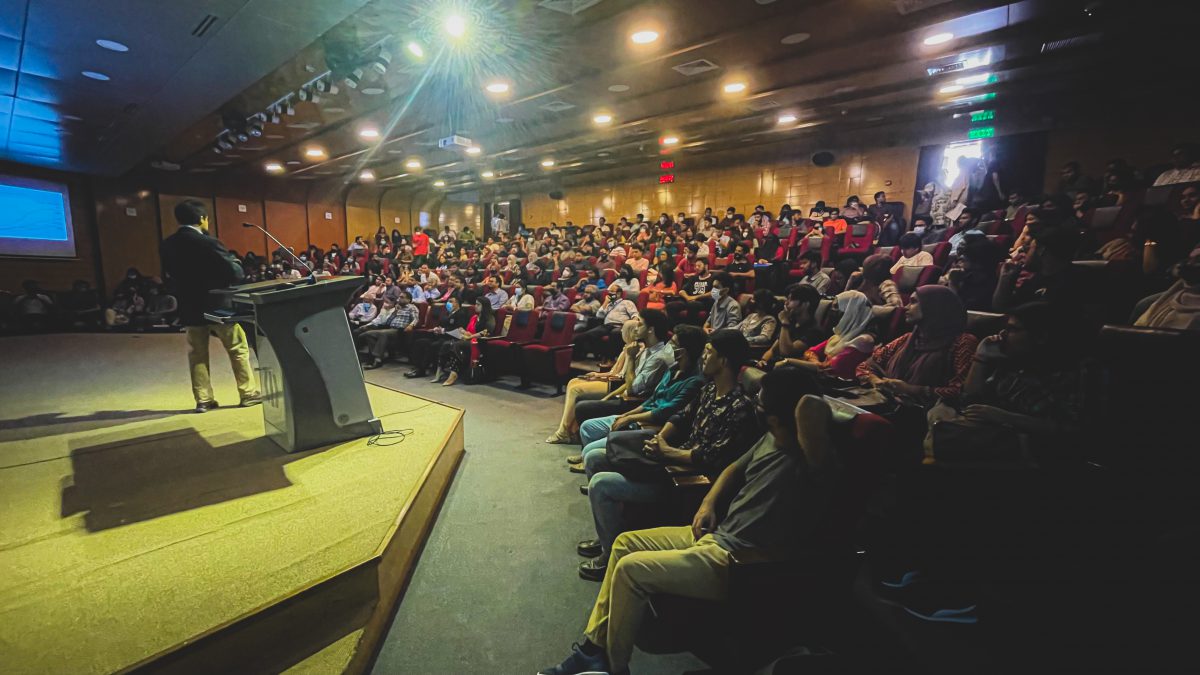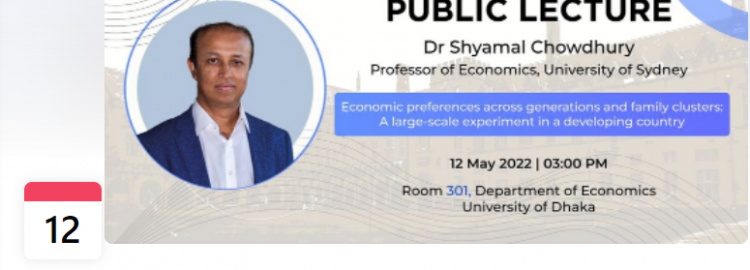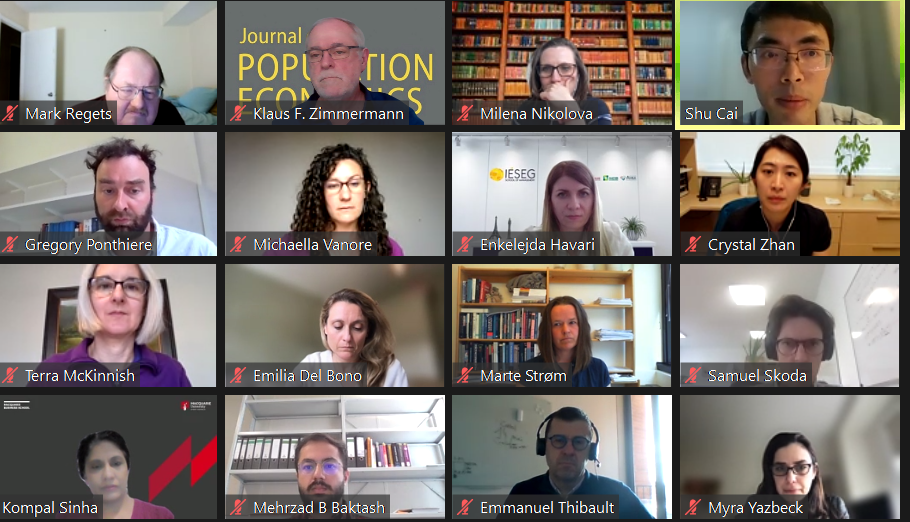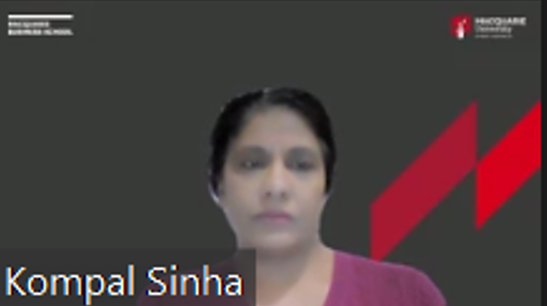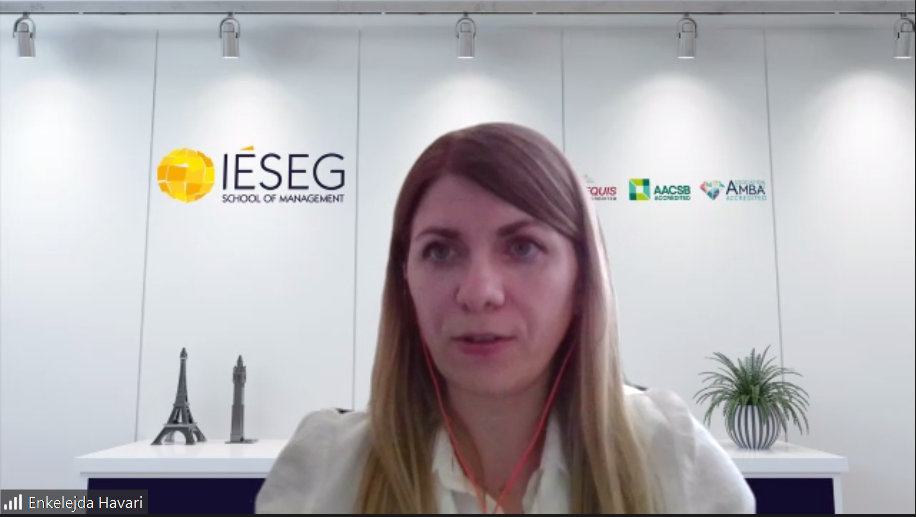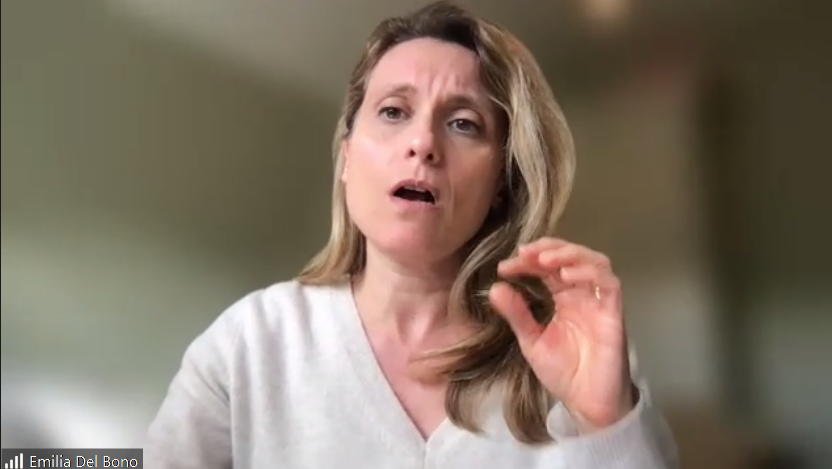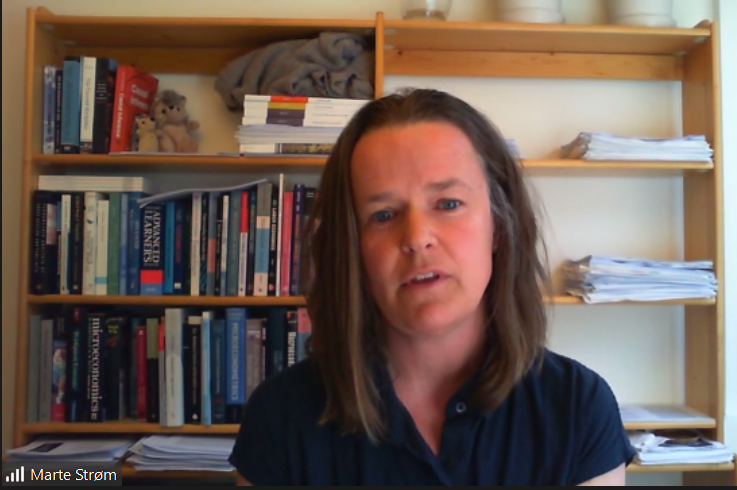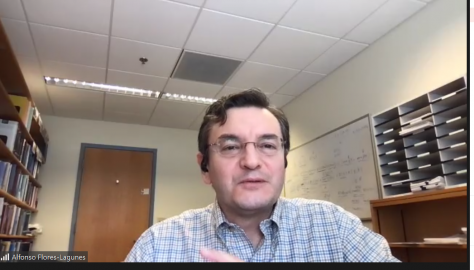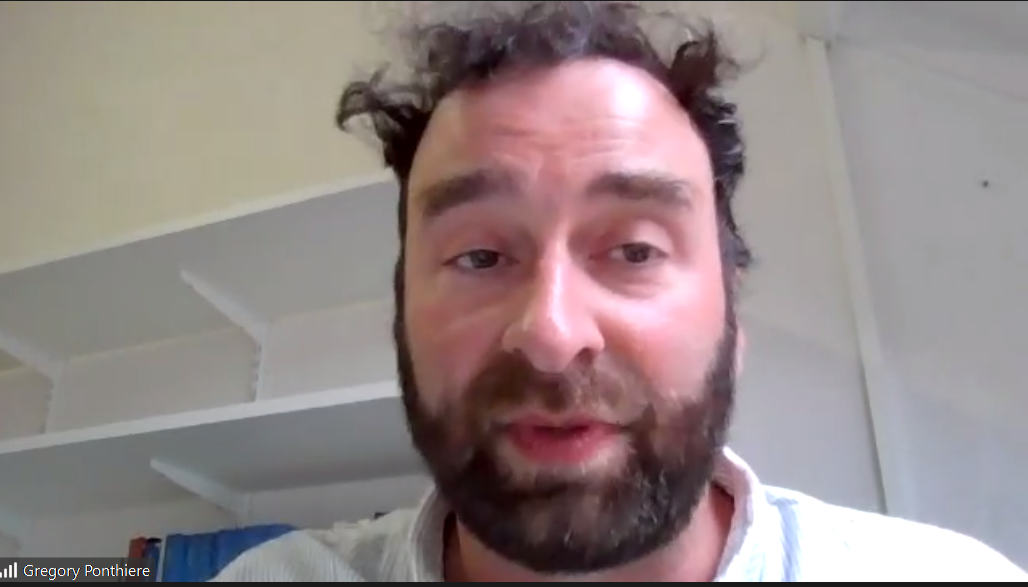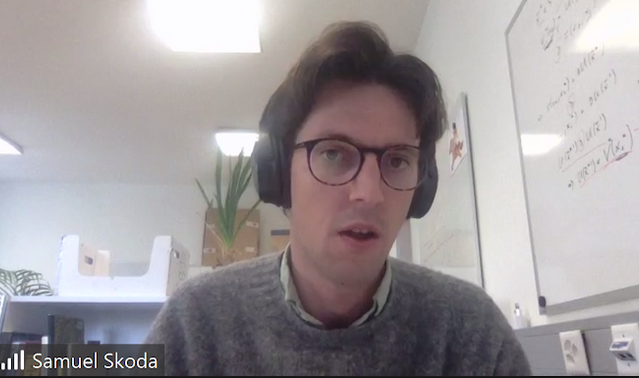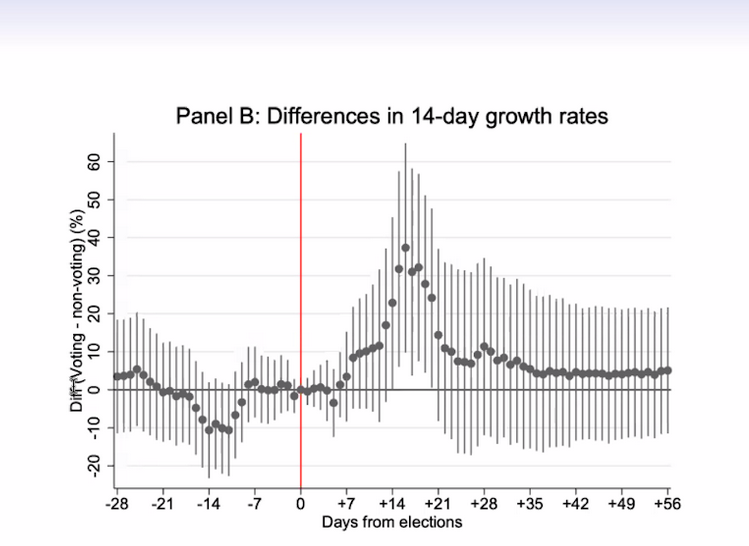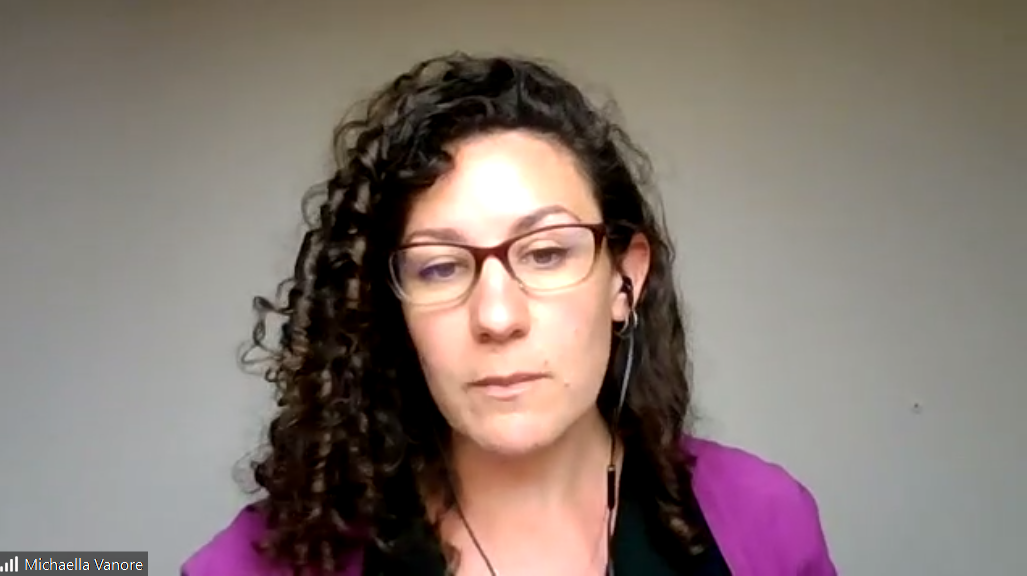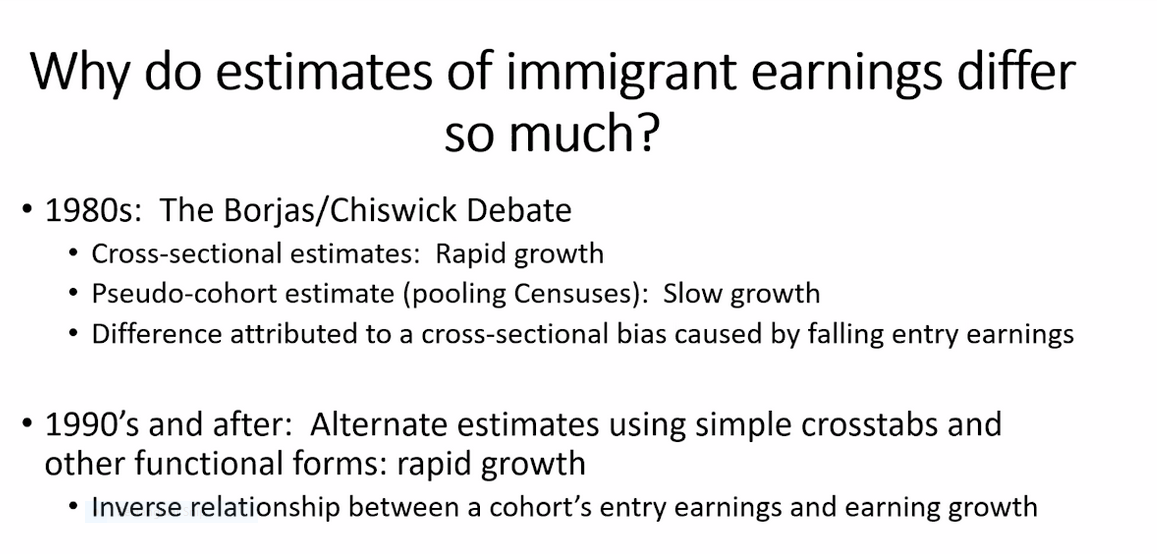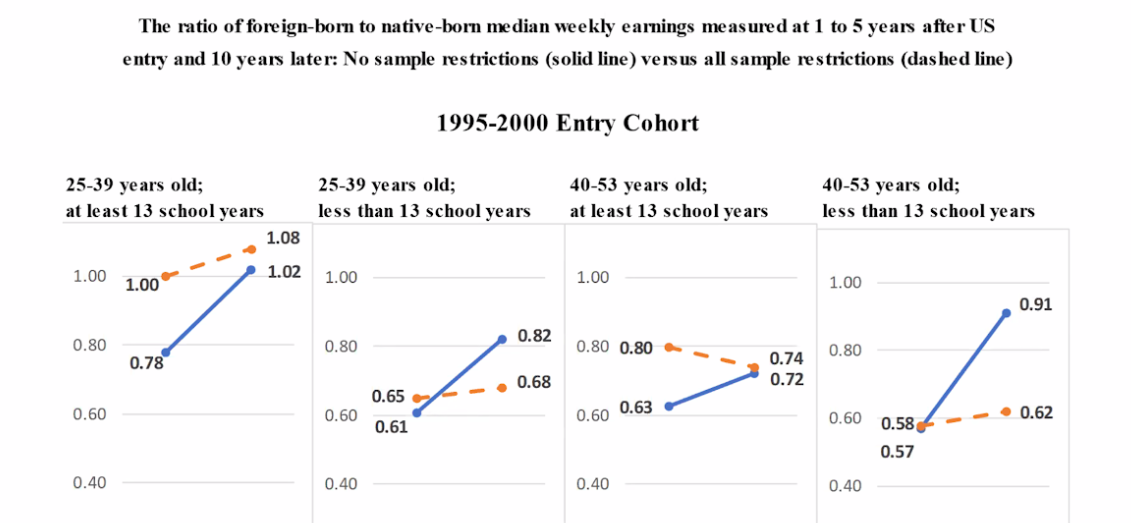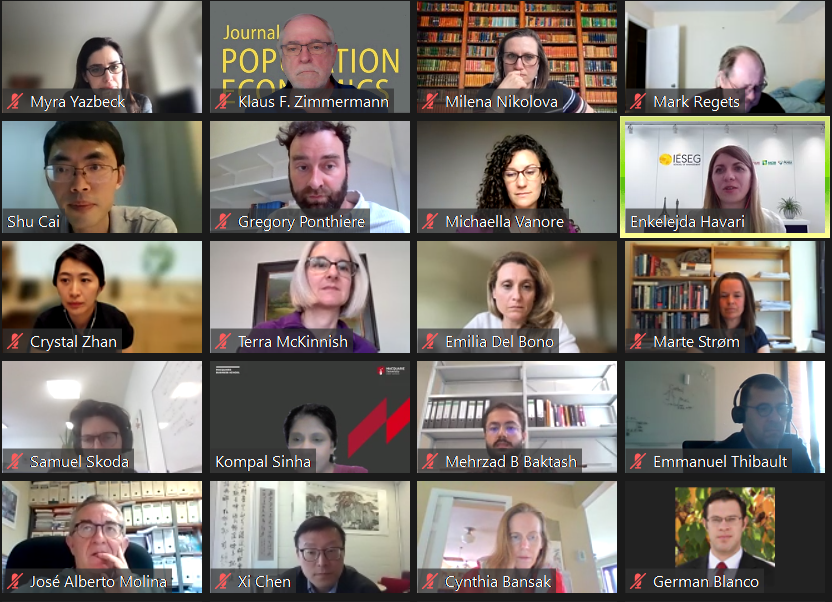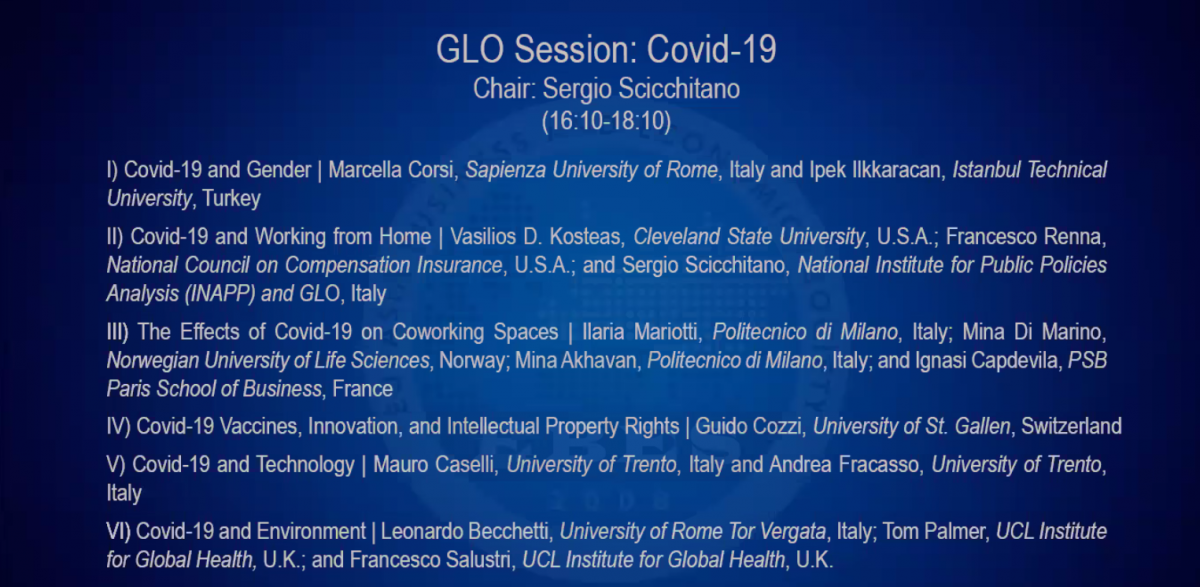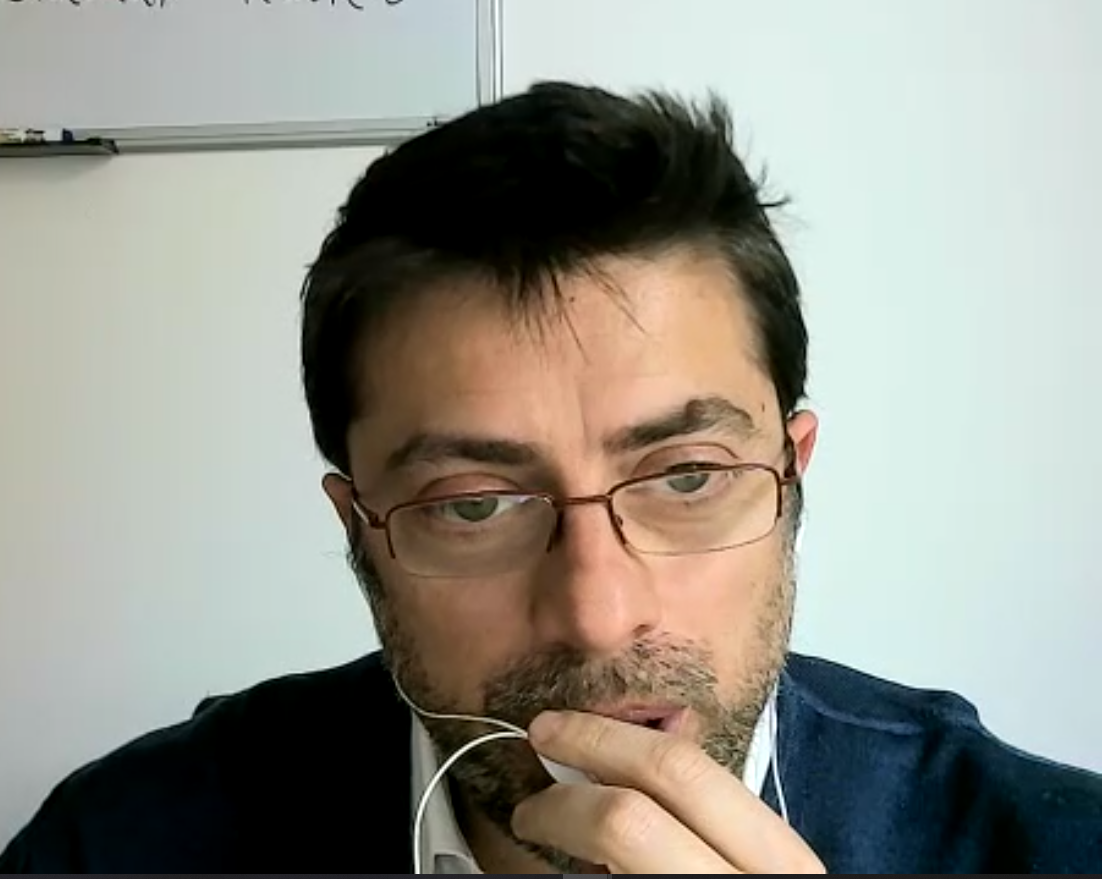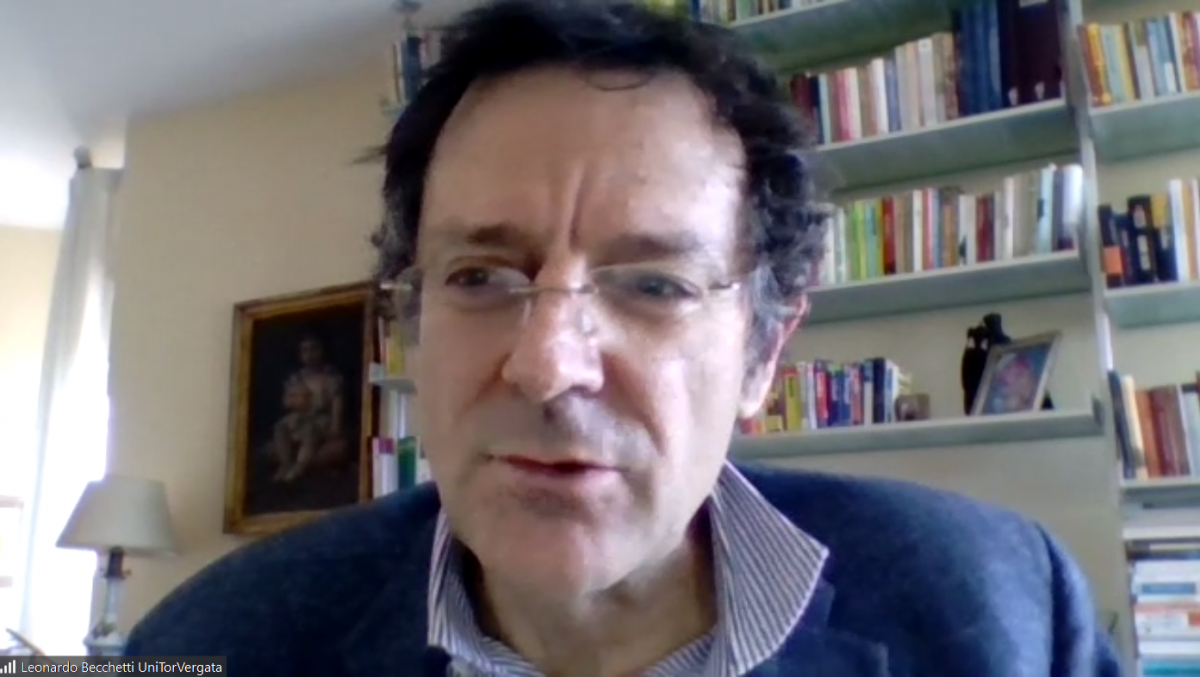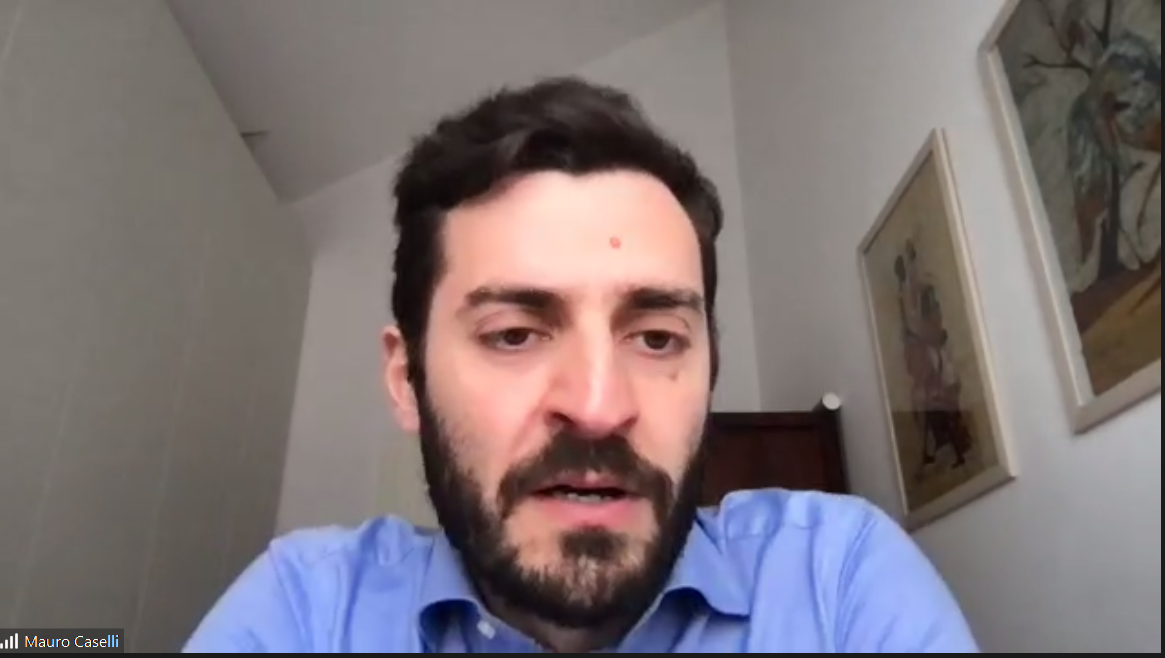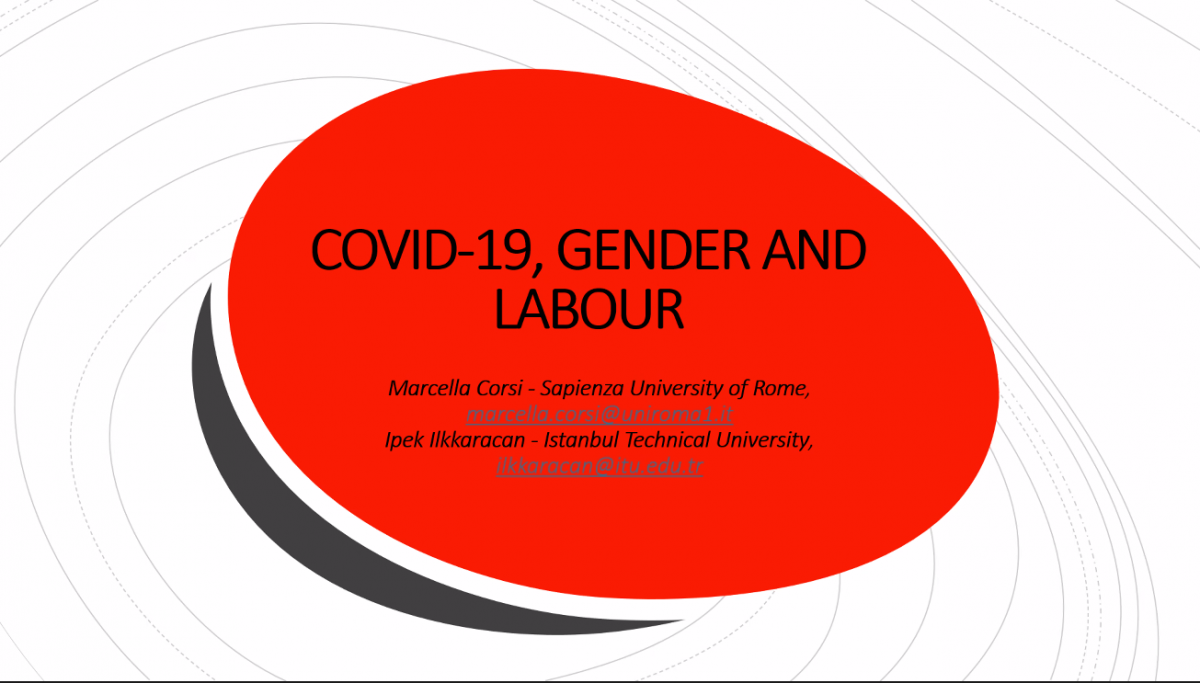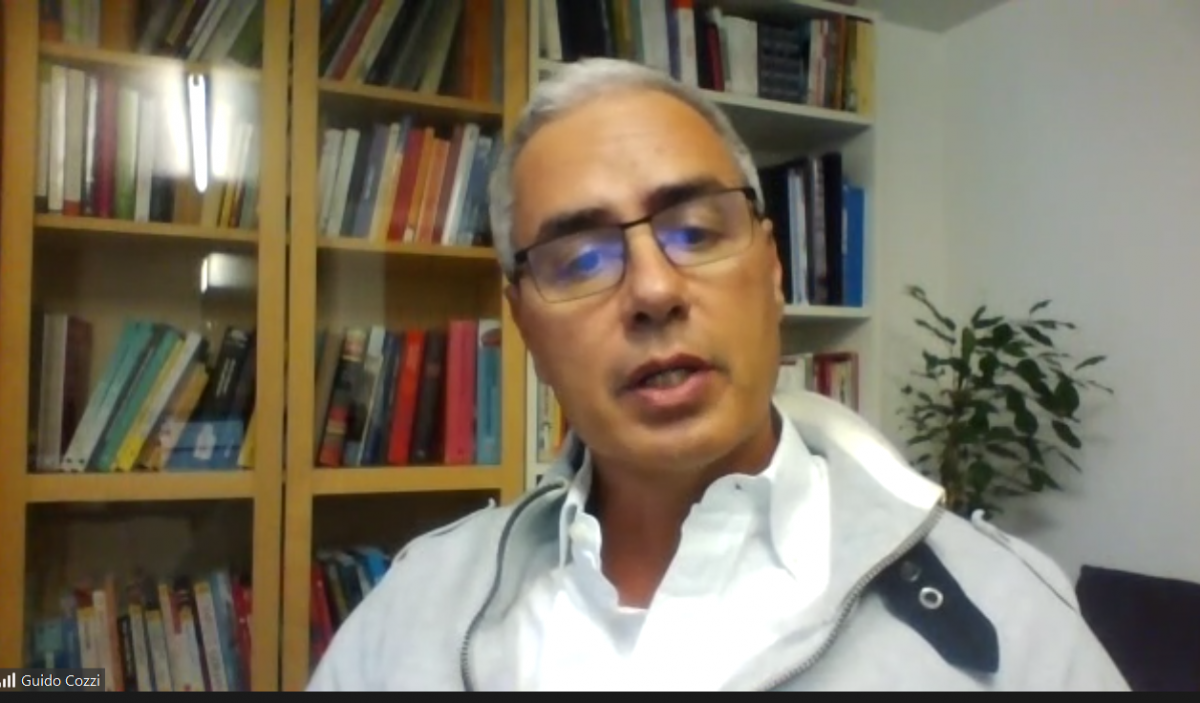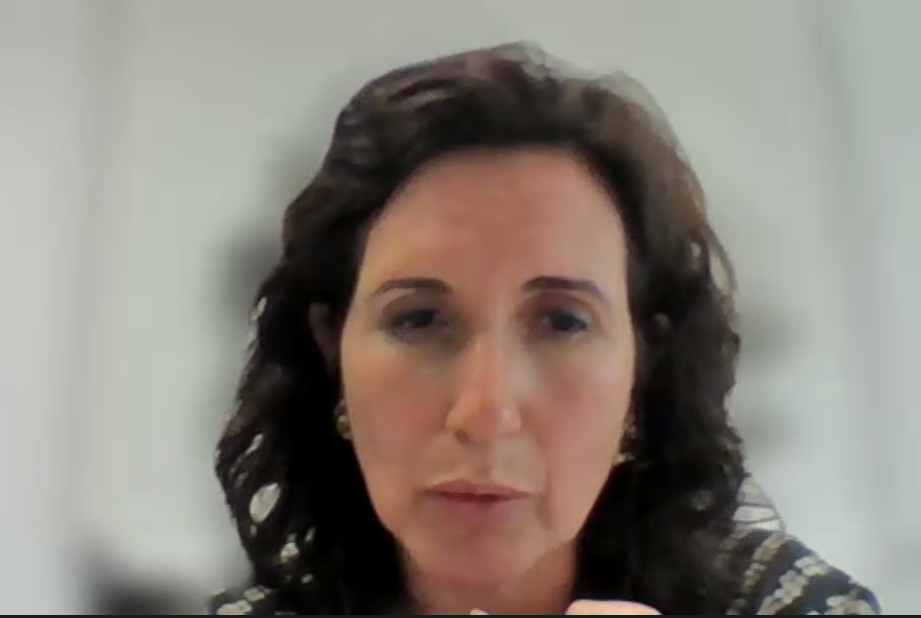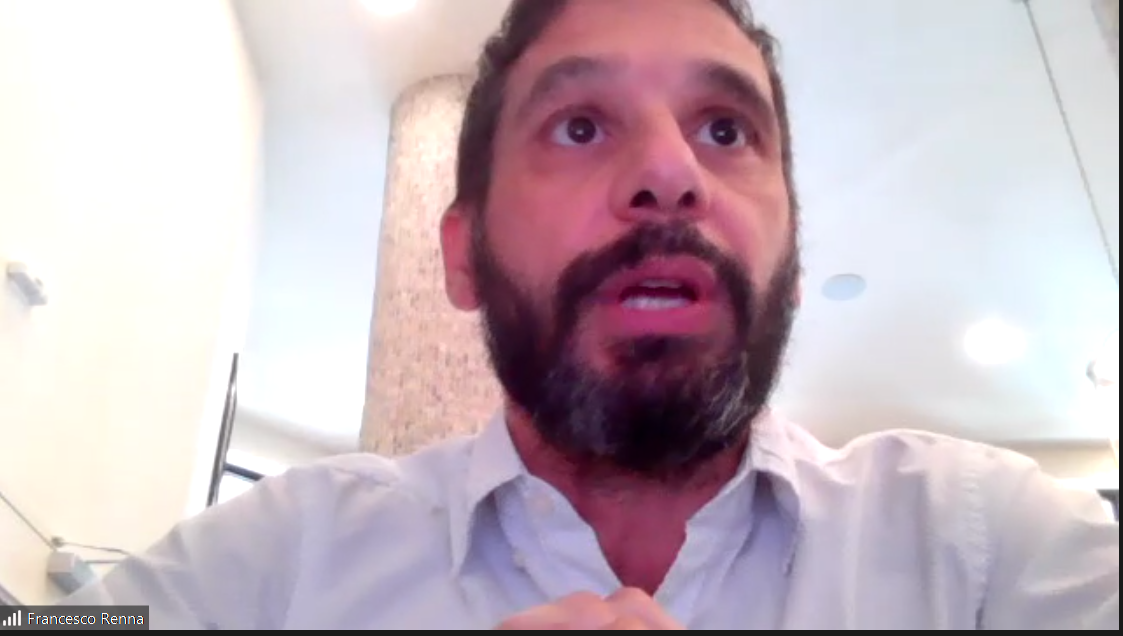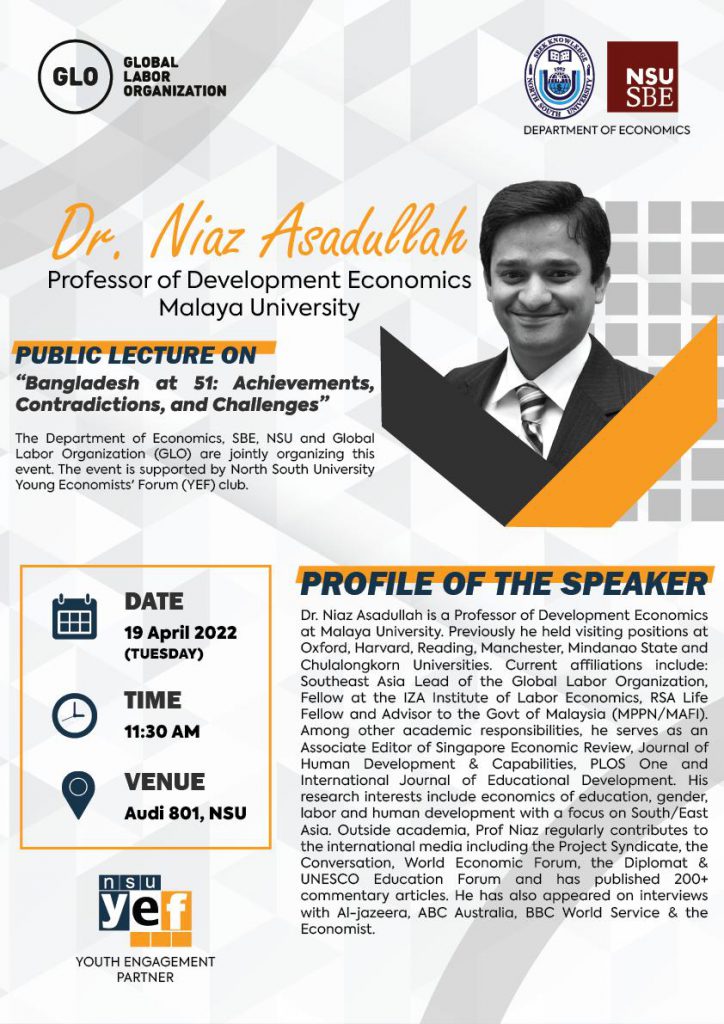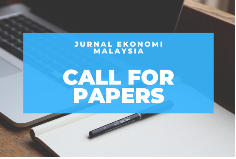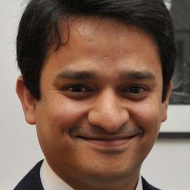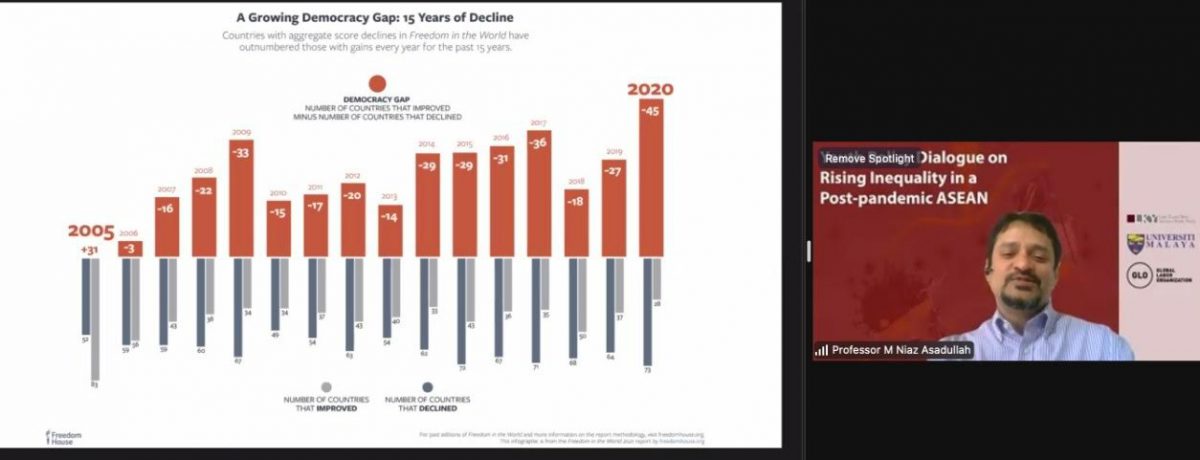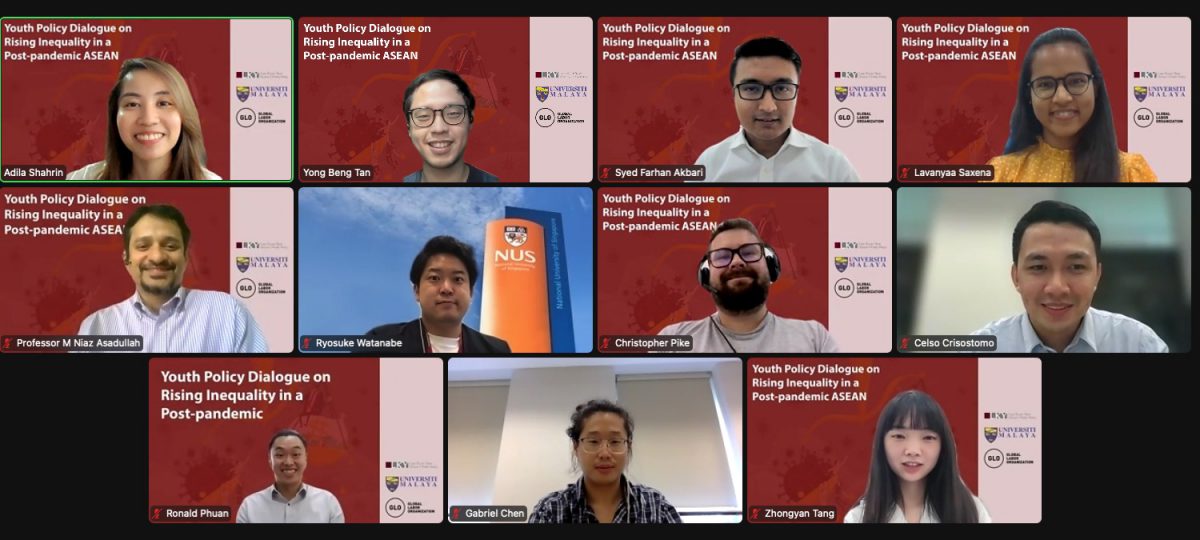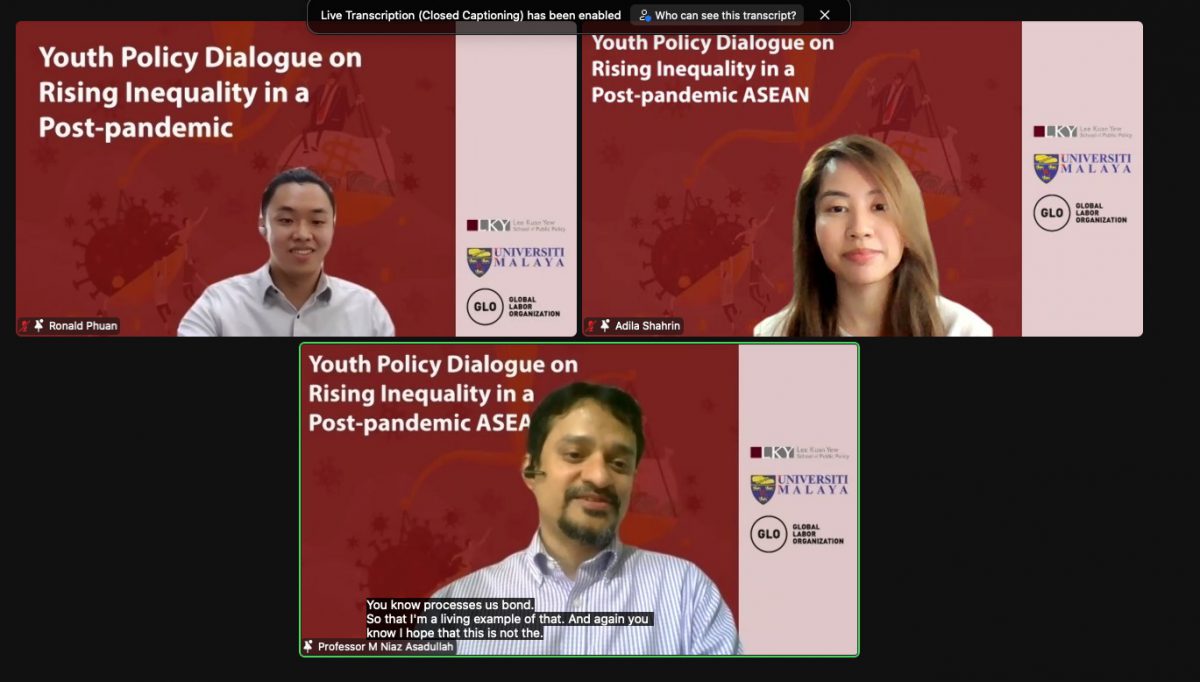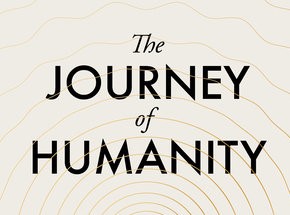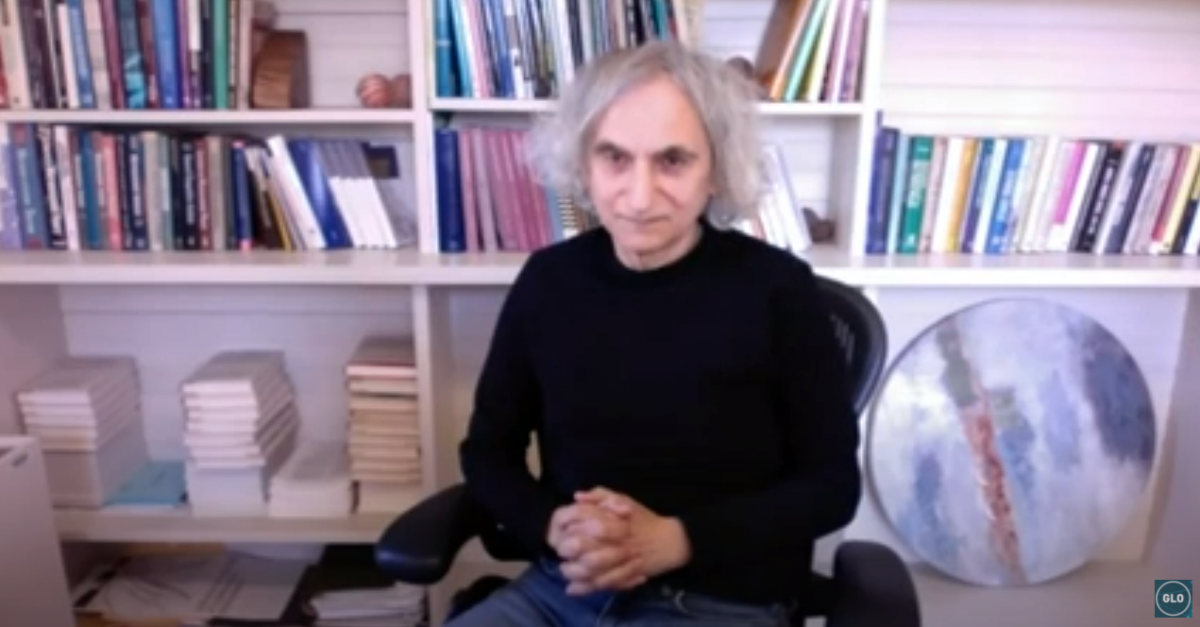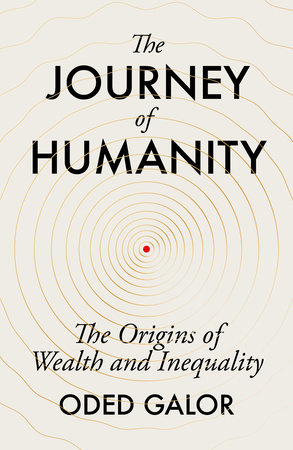The dramatic global challenges request close collaborations between scientist around the world and those interested in evidence-based policymaking supporting global welfare. GLO has a particular mission for this. The event serves this purpose.
But 2022 is also the year of Jacob Mincer’s 100th birthday, 30 years after the Nobel Prize for Gary Becker in Population Economics; it completes 35 years of publishing the Journal of Population Economics (JOPE) and 5 years of GLO; and the world population reached 8 billion on November 15. Good reasons for reflecting the path of the discipline.
Updated December 5, 2022, 22:00 pm CET Berlin
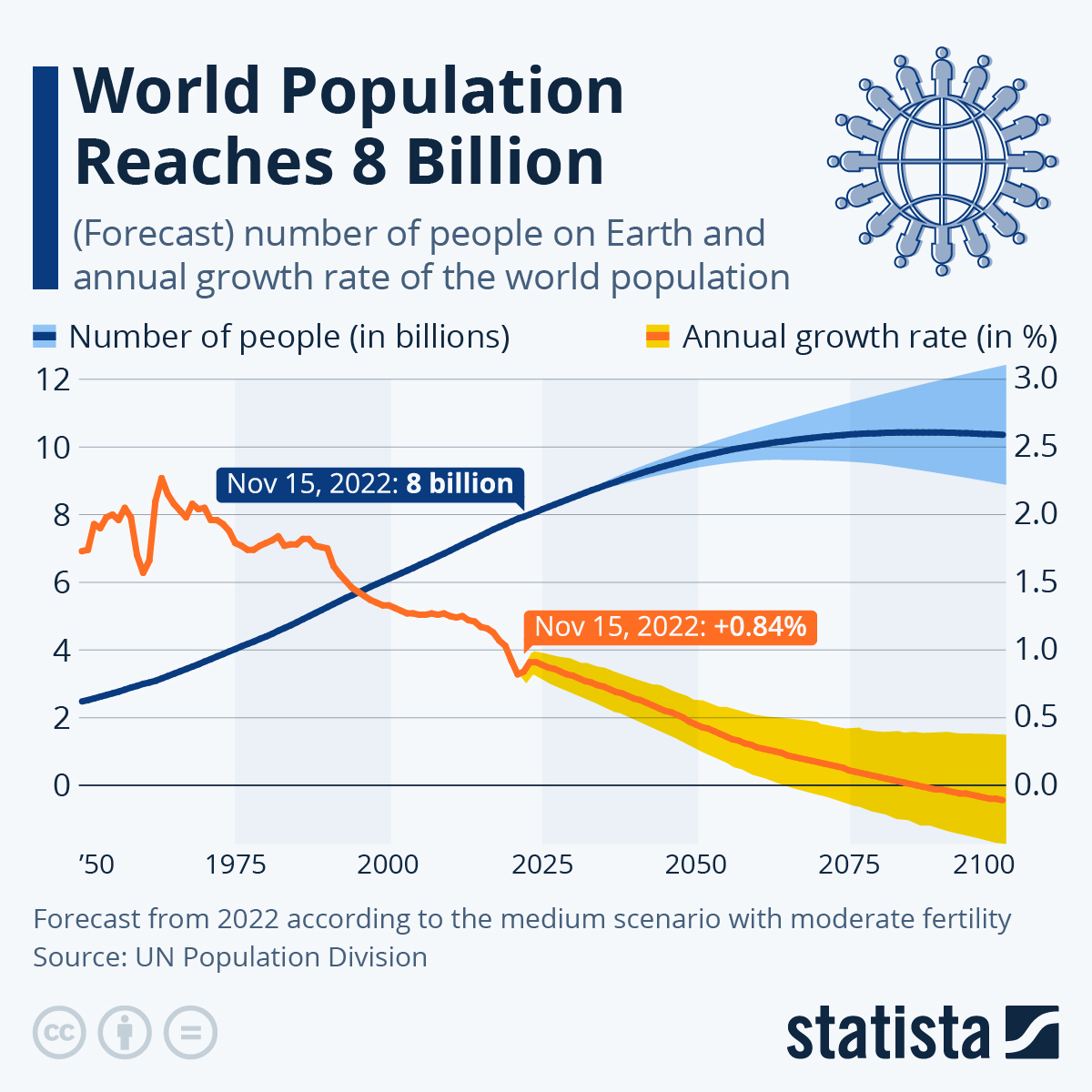
Source: statista
The GLO Global Conference Dec. 1-3, 2022, was mostly online and around time and space; some sessions were hybrid (in-person & online). We had invited and contributed, plenary and parallel, research and policy panel sessions. In-person sessions are explicitly marked.
- Celebration of 35 years of the Journal of Population Economics (JOPE)
- Presentation of the articles of the just online published issue 1-36, January 2023
- Presentation of the JOPE 2023 Kuznets Prize with introduction by Ashwini Deshpande
- Sessions with Handbook Chapters from “Labor, Human Resources and Population Economics”
- Sessions/workshops on Alzheimer’s disease, Reconstruction of Ukraine, Gender Diversity, China, India, Migration and Happiness, among others
- 4 sessions with candidates from the ASSA 2023 jobmarket
- David Card, Oded Galor and Jim Heckman on “The path of population economics”
- Sergei Guriev, Alexander Kritikos, Andreu Mas-Colell, Jonathan Portes, Reinhilde Veugelers and Klaus F. Zimmermann on “Globalization & Networking”
Technical issues to notice:
- In-person & online sessions; 24 hours on three days
- All sessions are 2 hours long with 4-6 papers each (4 papers: 20 min + 10 Q&A; 5 papers: 17 min +7 Q&A; 6 papers: 15 min + 5 Q&A).
- Authors marked bold in the program are scheduled to present
- Participation in all online and in-person sessions through Zoom possible
- In-person sessions to attend locally upon special invitations.
- No fees for presenters and all other participants.
ALL online conference participation through Zoom: NOW TERMINATED
- For ALL participants: Invited, contributed speakers & other participants: No prior registration.
- Zoom access codes are provided in the program shown below. Just click the link when you wish to enter the room of a particular session.
- Most of the sessions take place in ROOM I; a number of sessions are in ROOM II and ROOM VI. Their entry link is the same throughout the whole event. You can stay, leave or return as you wish.
- ROOM III, IV and V are only used once.
- Please convert the CET Berlin time zone schedule used here to your local time! You may wish to use the Time Zone Converter.
Questions: Office@glabor.org
Call for contributed papers/sessions: CLOSED
The Program Committee has been: GLO Director Matloob Piracha (Chair), Cynthia Bansak, Shihe Fu, Massimiliano Tani and Guy Tchuente.
- Contributed submissions started October 26, 2022 at:
https://editorialexpress.com/conference/GLOglobal2022/
CLOSED NOW. - Papers or extended abstracts were sent with deadline November 15, 2022.
Open until midnight on US east coast time = midnight CET Berlin + 6 hours. - All decisions are communicated.
Junior researchers on the ASSA Job Market 2023 – get attention for your work! — SUBMISSION CLOSED!
- 4 sessions with PhD students on the job market at ASSA 2023 include their job market papers or advanced thesis chapters.
- Papers presented relate to labor, demography, health or human resources issues broadly defined. Proposals submitted included a paper or extended abstract and a CV either per link or as attachment.
- The submission deadline was November 15 and the decision was communicated by November 24.
- The sessions are scheduled on Friday December 2 and Saturday December 3 (see draft program below).
- Submissions to: Le Wang, University of Oklahoma, Le.Wang.Econ@gmail.com
*****
The Organizing Committee of the GLO Global Conference 2022 included: M Niaz Asadullah, Alessio Brown, Xi Chen, Amelie Constant, Matloob Piracha, Martin Kahanec, Xiangbo Liu, Olena Nizalova, Andreas Oberheitmann, Sergio Scicchitano, Kompal Sinha, Michaella Vanore, Le Wang, Klaus F. Zimmermann, Laura V. Zimmermann.
Final Program
Day 0: Wednesday November 30, 2022; 16:00-17:15 CET Berlin time (10:00-11:15 am ET)
Alzheimer’s Disease Awareness Month. Global research insights were provided in a launch of a special issue of China CDC Weekly focused on Alzheimer’s disease and related dementias (ADRD) worldwide with Xi Chen (Yale University and GLO, Editor of the Journal of Population Economics) as guest editor. Yale Alzheimer’s Disease Research Center was organizing together with China CDC Weekly and the Global Labor Organization a launch event as a pre-conference event of the GLO Global Conference 2022.

- Alzheimer’s disease and related dementias worldwide
- Organizer & Chair: Xi Chen, Yale University
- When? Wednesday, November 30, 2022. 16:00-17:1510:00-11:15 am ET
- What? Six presentations. See details and paper access here.
- How? Enjoy the Video of the event
Day 1: Thursday December 1, 2022; CET Berlin time
Day 1: Thursday December 1, 2022 – 8:30 – 09:00 CET Berlin – Time Zone Converter
8.30 Global Welcome – online
Join Zoom Meeting ROOM I — no recording
Neil Foster-McGregor, Deputy Director UNU-MERIT; Pauline Osse, Wageindicator Foundation; Harald Beschorner, FOM Chancellor; Mehmet Huseyin Bilgin, EBES; Shuaizhang Feng, Dean IESR; Klaus F. Zimmermann, UNU-MERIT & GLO.
Day 1: Thursday December 1, 2022 – 09:00 – 11:00 CET Berlin – Time Zone Converter
Journal of Population Economics Issue 1/2023: JOPE I – Family
Chair: Milena Nikolova, University of Groningen, Editor JOPE
Join Zoom Meeting ROOM I
Enjoy the Video of the event
- Uberti, Luca J., Douarin, E. The Feminisation U, cultural norms, and the plough. J Popul Econ (2022). https://doi.org/10.1007/s00148-022-00890-5 OPEN ACCESS
- Piracha, M., Tani, Max, Cheng, Z., Wang, BZ. Social assimilation and immigrants’ labour market outcomes. J Popul Econ (2022). https://doi.org/10.1007/s00148-021-00883-w OPEN ACCESS
- Carillo, M.R., Lombardo, Vincenzo & Venittelli, T. Social identity and labor market outcomes of immigrants. J Popul Econ (2022). https://doi.org/10.1007/s00148-022-00920-2 OPEN ACCESS
- de Boer, HW., Jongen, Egbert Analysing tax-benefit reforms in the Netherlands using structural models and natural experiments. J Popul Econ (2021). https://doi.org/10.1007/s00148-021-00852-3 ToRead: https://rdcu.be/cX57J
- Giulietti, C., Rettore, E. & Tonini, S. The chips are down: the influence of family on children’s trust formation. J Popul Econ (2022). https://doi.org/10.1007/s00148-022-00921-1 OPEN ACCESS

*** 30 min BREAK ***
Day 1: Thursday December 1, 2022 – 11:30 – 13:30 CET Berlin – Time Zone Converter
Journal of Population Economics Issue 1/2023: JOPE II- Fertility
Chair: Grégory Ponthière, UCLouvain, Editor JOPE
Join Zoom Meeting ROOM I
Enjoy the Video of the event
- Dzhumashev, Ratbek, Tursunalieva, A. Social externalities, endogenous childcare costs, and fertility choice. J Popul Econ (2022). https://doi.org/10.1007/s00148-021-00885-8 OPEN ACCESS
- Liu, Hong, Liu, L. & Wang, F. Housing wealth and fertility: evidence from China. J Popul Econ (2021). https://doi.org/10.1007/s00148-021-00879-6 ToRead: https://rdcu.be/cX59Z
- Kramarz, F., Rosenqvist, Olof & Skans, O.N. How family background shapes the relationship between human capital and fertility. J Popul Econ (2021). https://doi.org/10.1007/s00148-021-00834-5 OPEN ACCESS
- Bertoli, Paola, Grembi, V. & Nguyen, T.L.B. Birth outcomes in hard times among minority ethnic groups. J Popul Econ (2021). https://doi.org/10.1007/s00148-021-00829-2 OPEN ACCESS




*****
Affiliated Conference: Migration and Happiness; Istanbul/Turkey, December 1 – 2 at the Turkish-German University. Istanbul is 2 hours ahead of CET Berlin. Conference starts 11:30 CET Berlin = 13:30 Istanbul. – Time Zone Converter
Program of the in-person event that can be attended online through ROOM VI
Organizer & Chair: Alpaslan Akay, University of Gothenburg & GLO
*** 30 min BREAK ***
Day 1: Thursday December 1, 2022 – 14:00 – 16:00 CET Berlin – Time Zone Converter
Moderator: Michaella Vanore, UNU-MERIT & Maastricht University, Managing Editor JOPE
Join Zoom Meeting ROOM I
Enjoy the Video of the event

14:00-15:00 CET Berlin – Time Zone Converter
- 35 Years of JOPE: How it began – Klaus F. Zimmermann, UNU-MERIT & GLO UNU-MERIT & GLO, Editor-in-Chief JOPE
- Remarks from the publisher: Martina Bihn, Publishing Director Journals, Business, Economics & Statistics at Springer Nature
Kuznets Prize 2023
Garima Rastogi (University of Oxford) and Anisha Sharma (Ashoka University)
Presentation of the Award: Ashwini Deshpande (Ashoka University)
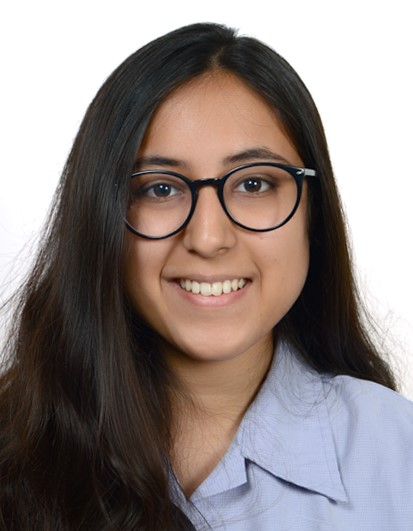
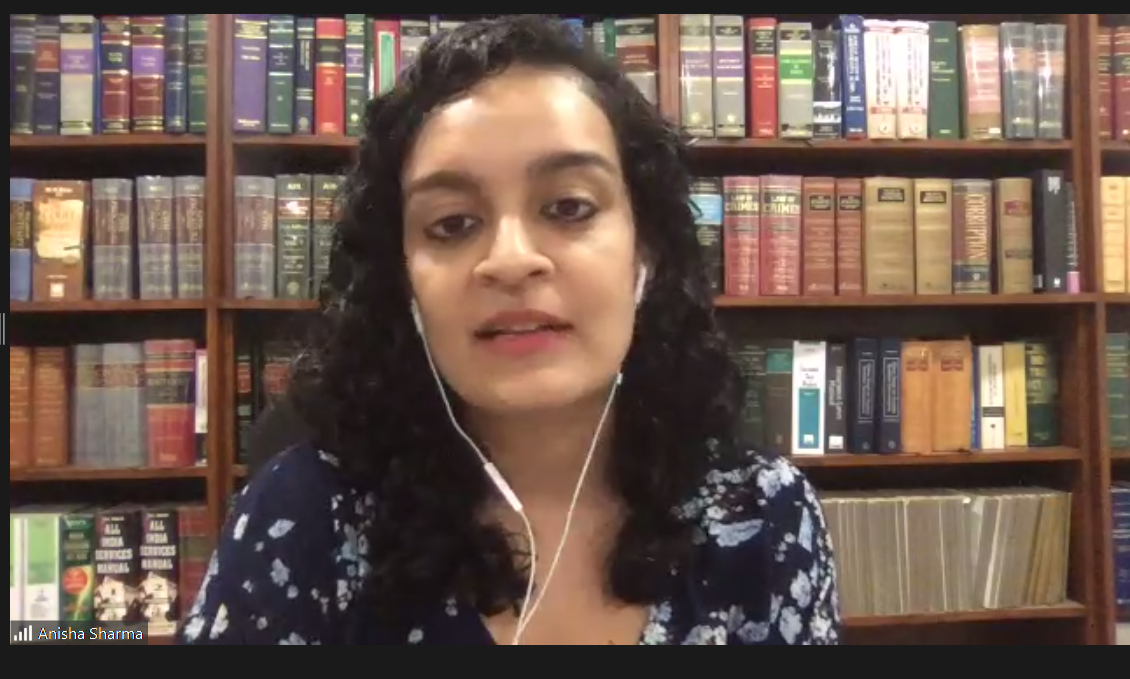
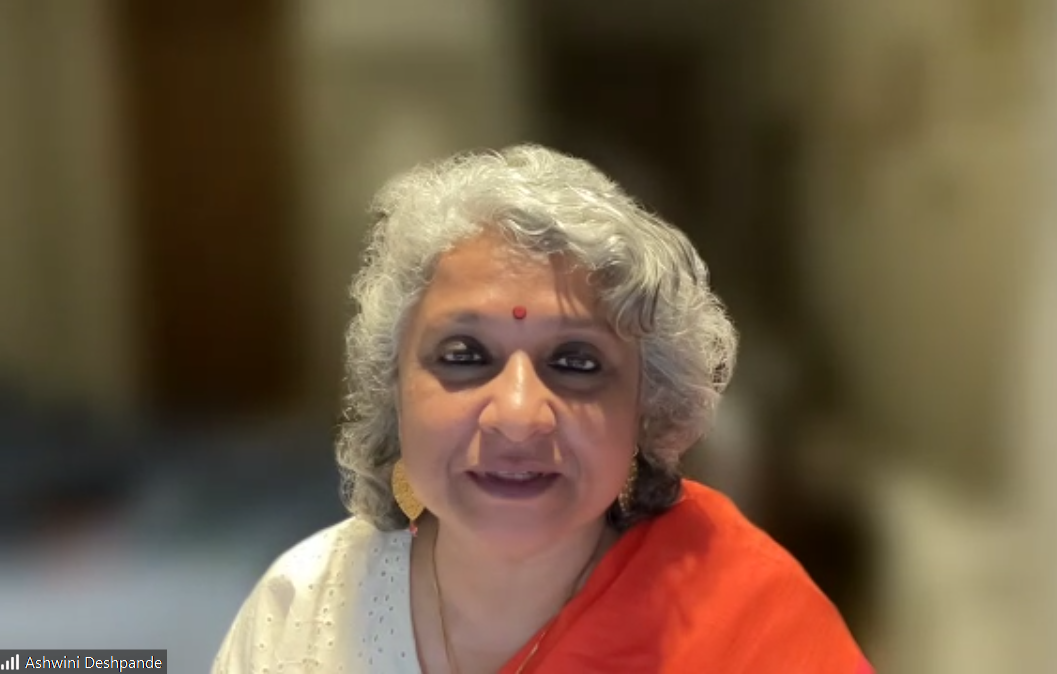
15:00-16:00 CET Berlin – Time Zone Converter
PANEL: The path of population economics
Chair: Oded Galor, Brown University
Editor-in-Chief of the Journal of Economic Growth and Editor of the Journal of Population Economics; 2022 author of “The Journey of Humanity” – GLO Interview; GLO book presentation.
David Card, University of California at Berkeley
2021 Nobel Memorial Prize in Economic Sciences
Jim Heckman, University of Chicago
2000 Nobel Memorial Prize in Economic Sciences
Klaus F. Zimmermann, UNU-MERIT & GLO
Editor-in-Chief of the Journal of Population Economics

*** 30 min BREAK ***
Day 1: Thursday December 1, 2022 – 16:30 – 18:30 CET Berlin – Time Zone Converter
Journal of Population Economics Issue 1/2023: JOPE III – Marriage & Fertility
Chair: Xi Chen, Yale University, Editor JOPE
Join Zoom Meeting ROOM I
Enjoy the Video of the event
- Mansour, H., McKinnish, Terra Male wage inequality and characteristics of “early mover” marriages. J Popul Econ (2022). https://doi.org/10.1007/s00148-022-00898-x ToRead: https://rdcu.be/cX56J
- Gallego, Francisco, Lafortune, J. Baby commodity booms? The impact of commodity shocks on fertility decisions and outcomes. J Popul Econ (2021). https://doi.org/10.1007/s00148-021-00855-0 ToRead: https://rdcu.be/cX58N
- Shanan, Yannay The effect of compulsory schooling laws and child labor restrictions on fertility: evidence from the early twentieth century. J Popul Econ (2021). https://doi.org/10.1007/s00148-021-00838-1 ToRead: https://rdcu.be/cX58T
- Ritter, Patricia, Sanchez, R.A. The effects of an epidemic on prenatal investments, childhood mortality and health of surviving children. J Popul Econ (2022). https://doi.org/10.1007/s00148-022-00886-1 ToRead: https://rdcu.be/cX6bV
- DeCicca, P., Krashinsky, Harry The effect of education on overall fertility. J Popul Econ (2022). https://doi.org/10.1007/s00148-022-00897-y ToRead: https://rdcu.be/cX6be

*****
Day 1: Thursday December 1, 2022 – 16:30 – 18:30 CET Berlin – Time Zone Converter
CEU-GLO-CEPR Workshop on the Reconstruction of Ukraine
Join Zoom Meeting ROOM III
https://ceu-edu.zoom.us/j/93491198448?pwd=bllrS0Q4dUdKSG1Ub3p1OGp2b1lXUT09
Organizer & Chair: Martin Kahanec, CEU Detailed Program
Hosted by the Department of Public Policy at Central European University (CEU) in collaboration with the Global Labor Organization (GLO) and the Centre for Economic Policy Research (CEPR) as a part of the GLO Global Conference 2022.
- Format: Hybrid (On-site for the Vienna audience, online public access)
- Venue: Central European University, Quellenstrasse 51, Vienna, Austria
- CEU Website LINK
*** 30 min BREAK ***
Day 1: Thursday December 1, 2022 – 19:00 – 21:00 CET Berlin – Time Zone Converter
Francesco Pastore in memoriam: School-to-work Transitions. Research Session.
Organizer & Chair: Sergio Scicchitano, INAPP & John Cabot University & Misbah Choudhry Tanveer, Lahore University of Management Sciences
Join Zoom Meeting ROOM I
Enjoy the Video of the event
- Introduction: Klaus F. Zimmermann, Sergio Scicchitano, Claudio Quintano, Antonella Rocca
Obituary: Forthcoming International Journal of Manpower - Evaluating the Youth Guarantee Incentive: Evidence from employer-employee data
Irene Brunetti (Inapp), Andrea Ricci (Inapp) - Does success stem from non-STEM field?
Antonella Rocca, Claudio Quintano - Determinants of Job-finding intentions among young adults from 11 European countries
Francisco Simoes, Jale Tosun and Antonella Rocca - The Francesco Pastore’s idea to enlarge the role of business in high education and in the labour market expanding permanent and recurrent training
Claudio Quintano, Antonella Rocca - Federica Alfani, Fabio Clementi, Michele Fabiani, Vasco Molini, Enzo Valentini
Once NEET, Always NEET? A Synthetic Panel Approach to Analyze the Moroccan Labor Market, World Bank Policy Research Working Paper No. 9238. - Sometimes it works: The effect of a reform of the short vocational track on school-to-work transition
Simona Comi

*** 30 min BREAK ***
Day 1: Thursday December 1, 2022 – 21:30 – 23:30 CET Berlin – Time Zone Converter
Research Paper Session. Issues in Labor Economics. (3:30 – 5:30pm NYT time zone)
Organizer & Chair: Amelie Constant, University of Pennsylvania
Join Zoom Meeting ROOM I
Enjoy the Video of the event

- Do Economists Have a Sense of Justice?
Guillermina Jasso (New York University) - The Impact of Selection into the Labor Force on the Gender Wage Gap
Francine D. Blau (Cornell University), Lawrence M. Kahn (Cornell University), Nikolai Boboshko (Cornerstone Research), Matthew Comey (Cornell University) - The Impact of China’s One-Child Exemptions on Mating, Work, and the Gender Wage Gap
Solomon W. Polachek (Binghampton University), Jiani Gao (Binghampton University) - Goodbye Norway: Testing Neoclassical versus Other Theories of Emigration
Amelie Constant (University of Pennsylvania), Astri Syse (National Institutes of Health), Marianne Tønnessen (Oslo Metropolitan University)

*** 30 min BREAK ***
Day 2: Friday December 2, 2022; CET Berlin time
Day 2: Friday December 2, 2022 – 24:00 – 02:00 CET Berlin (10-12 am Sydney time) – Time Zone Converter
Research Paper Session: Population, Personality and Policy
Organizer & Chair: Kompal Sinha, Macquarie University
Join Zoom Meeting ROOM I – no recording

- Gentrifying Cities, Amenities and Income Segregation: Evidence from San Francisco
Hasin Yousaf (University of New South Wales) - Retirement and Locus of Control
Rong Zhu (Flinders University) - Economics of taxing sugar sweetened beverages
Anurag Sharma (University of New South Wales) - Electricity markets crisis
Rabindra Nepal (University of Wollongong)
*** 30 min BREAK ***
Day 2: Friday December 2, 2022 – 02:30 – 04:30 CET Berlin (9:30-11:30 am Beijing time) – Time Zone Converter
Contributed Paper Session I. Chair: Sisi Zhang, Jinan University
Join Zoom Meeting ROOM I – no recording
- The Demography of the Great Migration in China
Rufei Guo (Wuhan University), Junsen Zhang (Zhejiang University), Minghai Zhou (Zhejiang University) - Family Size and Child Migration: Do Daughters Face Greater Trade-Offs than Sons?
Christine Ho (Singapore Management University), Yutao Wang (Singapore Management University), Sharon Xuejing Zuo (Fudan University) - Rising Family Income Inequality: Putting the Pieces Together
Sisi Zhang (Jinan University)
*****
Day 2: Friday December 2, 2022 – 02:30 – 04:30 CET Berlin (9:30-11:30 am Beijing time) – Time Zone Converter
Local only: Beijing, Renmin University of China (RUC) – no recording
5th RUC-GLO joint research conference on Chinese Labor Markets
Organizer & Chair: Xiangbo Liu, RUC
- Gender Differences in Reactions to Failure in High-Stakes Competition: Evidence from the National College Entrance Exam Retakes
Ziteng Lei (Renmin University of China ) - Cutting Cakes and Making Cakes: Experiment Evidence for Financial Education and Labor Supply of Rural Women in China
Yaojing Wang (Peking University) - Can All Humans Benefit from AI Assistance? Relative Advantage and Algorithm Aversion
Zeyang Chen (Renmin University of China ) - The Tenure-Track System and Academic Research Productivity: Evidence from Reforms in Chinese Universities
Wei Huang (Peking University)
*** 30 min BREAK ***
Day 2: Friday December 2, 2022 – 05:00 – 07:00 CET Berlin – Time Zone Converter
Contributed Paper Session II. Chair: Jinyang Yang (Huazhong University of Science and Technology)
Join Zoom Meeting ROOM I – no recording
- Parenting During the Pandemic: An Analysis of the Time Use of Parents as K-12 Schools Reopened in the United States
Cynthia Bansak (St. Lawrence University), Yue Bao (Jinan University), Jun Hyung Kim (Jinan University) - Disability and Labour Market Outcomes in Pakistan: An Empirical analysis from the Latest Round of Labour Force Survey
Zubaira Andlib (Federal Urdu University of Arts, Science and Technology) - Income and Happiness: A Field Experiment in China
Jinyang Yang (Huazhong University of Science and Technology)
*****
Day 2: Friday December 2, 2022 – 05:00 – 07:00 CET Berlin – Time Zone Converter
GLO Virtual Young Scholars (GLO VirtYS) Alumni Session Paper Abstracts
Organizer & Chair: Olena Nizalova, University of Kent, VirtYS Program Director
Join Zoom Meeting ROOM II — no recording
- Olena Nizalova
Introduction of GLO VirtYS - The intended and unintended consequences of large electricity subsidies: evidence from Mongolia
Odmaa Narantungala - Climate Change, Food Productivity, and Adaptation in Production Network
Soumya Pal - Consequences of Family Planning Policies on Gender Gap in Breastfeeding
Jun Hyung Kim with co-authors Yong Cai, Minhee Chae, Jun Hyung Kim & William Lavely - Learning the Right Skill: The Returns to Cognitive, Social and Technical skills for Middle Educated Graduates
Femke Cnossen
*** 30 min BREAK ***
Day 2: Friday December 2, 2022 – 07:30 – 09:30 CET Berlin – Time Zone Converter
Handbook Session on Covid-19
Session relates to Springer Nature Handbook of Labor, Human Resources and Population Economics
Organizer & Chair: Sergio Scicchitano, INAPP & John Cabot University
Join Zoom Meeting ROOM I
Enjoy the Video of the event

- COVID-19 and School Closures
Helena Svaleryd, Jonas Vlachos: - The Drivers of Compliance with Social Distancing Measures at the Time of Covid-19
Guglielmo Briscese, Nicola Lacetera, Mario Macis, Mirco Tonin - Covid-19 and the Media
Maxim Ananyev, Michael Poyker,Yuan Tian - Migration and Health During COVID-19 Period
Joan E. Madia, Catia Nicodemo - Using Social and Behavioural Science to Support COVID-19 Pandemic Response
Veronica Cucchiarini, Pete Lunn, Deirdre Robertson, Riccardo Viale - COVID-19 and Inequalities
Federica Alfani, Fabio Clementi, Michele Fabiani, Vasco Molini, Francesco Schettino
*****
Affiliated Conference: Migration and Happiness; Istanbul/Turkey, December 1 – 2 at the Turkish-German University. Istanbul is 2 hours ahead of CET Berlin. Conference starts 07:30 CET Berlin = 09:30 Istanbul. – Time Zone Converter
Program of the in-person event that can be attended online through ROOM VI
— no recording
Organizer & Chair: Alpaslan Akay, University of Gothenburg & GLO
*** 30 min BREAK ***
Day 2: Friday December 2, 2022 – 10:00 – 12:00 CET Berlin – Time Zone Converter
Contributed Paper Session III. Chair: Milena Nikolova, University of Groningen
Join Zoom Meeting ROOM I — no recording

- Monetary compensation schemes during the COVID-19 pandemic: Implications for household incomes, liquidity constraints and consumption across the EU
Michael Christl (Joint Research Center, European Commission), Silvia De Poli (JRC Seville), Francesco Figari (University of Insubria), Tine Hufkens (JRC Seville), Andrea Papini (JRC Seville), Alberto Tumino (Joint Research Centre, European Commission) - Does cutting child benefits reduce fertility in larger families? Evidence from the UK’s two-child limit
Jonathan Portes (King’s College London ) and Mary Reader (London School of Economics) - Do Classical Studies Open your Mind?
Giorgio Brunello (University of Padova), Piero Esposito (University of Cassino and Southern Lazio), Lorenzo Rocco (University of Padova), Sergio Scicchitano, (National Institute for Public Policies Analysis) - Robots, meaning, and self-determination
Milena Nikolova, Femke Cnossen (University of Groningen), Boris Nikolaev (Colorado State University)
*****
Day 2: Friday December 2, 2022 – 10:00 – 12:00 CET Berlin – Time Zone Converter
Academia Europaea (AE)-CEU-GLO Labor Symposium: online only, public
Friday December 2, 2022 – 10.00 – 12.00 CET Berlin = Vienna time. MORE DETAILS.
Join Zoom Meeting ROOM IV
No prior registration.
Organizer & Chair: Martin Kahanec, CEU
The online symposium is hosted by the Department of Public Policy at the Central European University (CEU) in collaboration with Academia Europaea, Section “Economics, Business and Management Sciences” and the Global Labor Organization (GLO) as a part of the GLO Global Conference 2022.
- Mandatory Wage Posting, Bargaining and the Gender Wage Gap
Rudolf Winter-Ebmer (Johannes Kepler University Linz) - Management Practices and Productivity: Does Employee Representation Play a Moderating Role?
Uwe Jirjahn (University of Trier) - Strangers and Foreigners: Trust and Attitudes toward Citizenship
Graziella Bertocchi (Universita’ di Modena e Reggio Emilia) - Climate Variability, Female Empowerment, and Household Employment Decisions
Olga Popova (Leibniz Institute for East and Southeast European Studies)
Note: The symposium is dedicated to the memory of Jacques Drèze, a long-standing member of Academia Europaea (since 1989), who passed away on September 25, 2022.
*****
Day 2: Friday December 2, 2022 – 10:00 – 12:00 CET Berlin – Time Zone Converter
Online Research Paper Session: Trust & Inequality, UNU-MERIT, Maastricht
Organizer & Chair: Michaella Vanore, UNU-MERIT & Maastricht University
Join Zoom Meeting ROOM V — no recording
- Globalization and Trust in Government
Jo Ritzen (UNU-MERIT) - Do pandemics Lead to Rebellion? Policy Responses to COVID-19, Inequality and Protests in the USA
Bruno Martorano (UNU-MERIT) - Turning COVID-19 Vaccines into Vaccinations in Sub-Saharan Africa: Evidence from Panel Survey Data
Yannick Markof (UNU-MERIT) - Unequal Outcomes of Women’s Empowerment in Colombia: A Multidimensional Approach
Zina Nimeh (UNU-MERIT) - Breaking Down Menstrual Health Barriers in Bangladesh
Lonneke Nillesen (UNU-MERIT)
*** 30 min BREAK ***
Day 2: Friday December 2, 2022 – 12:30 – 14:30 CET Berlin – Time Zone Converter
Research Paper Session: Gender Diversity
Chair: Nick Drydakis, Anglia Ruskin University
Joint GLO – Journal of Population Economics (JOPE) Session.
Join Zoom Meeting ROOM I
Enjoy the Video of the event



- M. Marcén & Marina Morales: The Effect of Same-sex Marriage Legalization on Interstate Migration in the USA. J Popul Econ 35, 441–469 (2022). https://doi.org/10.1007/s00148-021-00842-5. Free to read: https://rdcu.be/cYYoR
- Doris Weichselbaumer, Discrimination Due to Sexual Orientation, in: Springer Nature Handbook of Labor, Human Resources and Population Economics
- Katerina Sidiropoulou: Gender Identity Minorities and Workplace Legislation in Europe, in: Springer Nature Handbook of Labor, Human Resources and Population Economics
- Evangelos Mourelatos & G. Krimpas & K. Giotopoulos. GLO Discussion Paper No. 1187. Sexual identity and Gender Gap in Leadership. A political intention experiment – Download PDF
- Nick Drydakis, Sexual orientation and earnings: a meta-analysis 2012–2020. J Popul Econ 35, 409–440 (2022). https://doi.org/10.1007/s00148-021-00862-1 Free to read: https://rdcu.be/cYYq5
- Nick Drydakis, Remarks on “Section Gender” in the Springer Nature Handbook of Labor, Human Resources and Population Economics
*** 30 min BREAK ***
Day 2: Friday December 2, 2022 – 15:00 – 17:00 CET Berlin – Time Zone Converter
Research Paper Session: Migration and Identity
Organizer & Chair: Matloob Piracha, University of Kent
Join Zoom Meeting ROOM I
Enjoy the Video of the event
- Bansak, C., Dziadula, E., Zavodny, Madeline: The Value of a Green Card in the U.S. Marriage Market: A Tale of Chain Migration?
- Gang, Ira, Khamis, M., Landon‐Lane, J.: Migration and Household Informal Activity.
- Cai, Shu, Zimmermann, K.F.: Social Assimilation and Labor Market Outcomes of Internal Migrant Workers.
- Randazzo, Teresa, Piracha, M.: Ethnic Identity and Educational Aspirations

*** 30 min BREAK ***
Day 2: Friday December 2, 2022 – 17:30 – 19:30 CET Berlin – Time Zone Converter
PANEL Globalization & Networking.
About the future path of globalization, the role of networking and the contribution of the scientific community.
Chair: Alexander Kritikos, DIW Berlin, member of the DIW Berlin Executive Board
Join Zoom Meeting ROOM I
Enjoy the Video of the event
Panelists are
- Sergei Guriev
Sciences Po Provost & CEPR Director of the Populism RPN; former Chief Economist at the European Bank for Reconstruction and Development, former Rector of the New Economic School/Moscow; book: Spin Dictators: The Changing Face of Tyranny in the 21st Century, 2022 (with D. Treisman). - Andreu Mas-Colell
Universitat Pompeu Fabra; Minister of Economy and Knowledge of the Government of Catalonia; book: Microeconomic Theory, org. publ. 1995, et al. - Jonathan Portes
King’s College London, former Chief Economist of the UK government & former Director of the National Institute of Economic and Social Research; book: 50 Capitalism Ideas You Really Need to Know, 2016 - Reinhilde Veugelers
University of Leuven & Bruegel; former advisor at the European Commission, served on the ERC Scientific Council - Klaus F. Zimmermann
GLO President & UNU-MERIT; former Program Director CEPR, Founding Director of IZA, Past-President DIW Berlin

*** 30 min BREAK ***
Day 2: Friday December 2, 2022 – 20:00 – 22:00 CET Berlin – Time Zone Converter
Contributed Paper Session IV. Chair: Eva Dziadula, University of Notre Dame
Join Zoom Meeting ROOM I — no recording


- The Occupations of Free Women and Substitution with Enslaved Workers in the Antebellum United States
Barry Chiswick & RaeAnn Robinson (George Washington University) - Who is Doing the Chores and Childcare in Dual-earner Couples during the COVID-19 Era of Working from Home?
Victoria Vernon (Empire State College) - Learning Inequalities during COVID-19: Evidence from Longitudinal Surveys from Sub-Saharan Africa
Hai-Anh Dang (World Bank) - The Tragedy of the Commons and Population Growth: Can Trade Prevent Economic Collapse?
Maurice Schiff (IZA) - Assessing the Impact of Granting Driving Privileges to Undocumented Migrants on Traffic Safety
Catalina Amuedo-Dorantes (University of California – Merced) and Eva Dziadula, (University of Notre Dame)
*****
Day 2: Friday December 2, 2022 – 20:00 – 22:00 CET Berlin – Time Zone Converter
Contributed Paper Session V. Chair: Alexander Yarkin (Brown University)
Join Zoom Meeting ROOM II — no recording
- COVID-19 and the Future of Work
Phil Lord (McGill University) - Return migration and children’s education: The USA Mexico case
Avinandan Chakraborty (Colgate University), Jose Bucheli (New Mexico State University), Matias Fontenla (University of New Mexico) - Household Production Effects of Non-Wage Benefits and Working Conditions in Ghana
Emmanuel Orkoh (North-West University) - Job Satisfaction Gender Gaps in Europe
Giuseppe Lubrano Lavadera (Link Campus University) and Nunzia Nappo (Università degli Studi di Napoli Federico II) - Learning from the Origins
Alexander Yarkin (Brown University)
*** 30 min BREAK ***
Day 2: Friday December 2, 2022 – 22:30 – 24:30 CET Berlin – Time Zone Converter This is 15:30-17:30 (Central Standard Time, USA).
ASSA Job Market 2023: Presentations of Candidates on the ASSA jobmarket
Research Presentations. 2 parallel online sessions (plus 2 more see Day 3).
Organizer: Le Wang, University of Oklahoma
ASSA I: Child Outcomes. Chair: Le Wang, University of Oklahoma
Join Zoom Meeting ROOM I — no recording
- Alessandro Toppeta (UCL, alessandro.toppeta.15@ucl.ac.uk), “Skill Formation with Siblings” Personal Website
- Osaretin Olurotimi (University of Wisconsin-Madison, olurotimi@wisc.edu), “The Effect of Conflict on Children’s Learning Outcomes: Evidence from Uganda” Personal Website
- Richard Cole Campbell (University of Illinois at Chicago, rcampb25@uic.edu), “Need for Speed: Fiber and Student Achievement” Personal Website
- Silvia Griselda (Bocconi University, silvia.griselda@unibocconi.it), “The Gender Gap in Math: What are we Measuring?” Personal Website
- Vinitha Rachel Varghese (University of Illinois Chicago, vvargh2@uic.edu), “Impact Of School Consolidation On Enrollment and Achievement: Evidence From India” Personal Website
*****
Day 2: Friday December 2, 2022 – 22:30 – 24:30 CET Berlin – Time Zone Converter This is 15:30-17:30 (Central Standard Time, USA).
ASSA II: Implications of Public Policies. Chair: Tyler Ransom, University of Oklahoma
Join Zoom Meeting ROOM II — no recording
- Seunghoon Lee (MIT, shoonlee@mit.edu), “Low-Hanging Fruit: The Benefits and Costs of a Small Food Waste Tax and Implications for Climate Change” Personal Website
- Shogher Ohannessian (University of Illinois Chicago, sohann2@uic.edu), “The Effect of the SSI Student Earned Income Exclusion on Education and Labor Supply” Personal Website
- Pablo A. Troncoso (University of Georgia, Pablo.Troncoso@uga.edu), “Employment Effect of Means-Tested Program: Evidence from a Pension Reform in Chile” Personal Website
- Sarah Deschênes (Northwestern University, sarah.deschenes@northwestern.edu), “Expanding Access to Schooling in Nigeria: Impact on Marital Outcomes” Personal Website
- Oscar Galvez-Soriano (University of Houston, ogalvezs@central.uh.edu), “Impact of English instruction on labor market outcomes: The case of Mexico” Personal Website
Day 3: Saturday December 3, 2022; CET Berlin time
*** 30 min BREAK ***
Day 3: Saturday December 3, 2022 – 01:00 – 03:00 CET Berlin – Time Zone Converter
Contributed Paper Session VI. Chair: Elsa Fontainha, ISEG Universidade de Lisboa
Join Zoom Meeting ROOM I — no recording
- What the Mean Measures of Mobility Miss: Learning About Intergenerational Mobility from Conditional Variance
Md Nazmul Ahsan (Saint Louis University), M. Emran (Initiative for Policy Dialogue at Columbia University), Hanchen Jiang (University of North Texas), Forhad Shilpi (World Bank) - Unintended Bottleneck and Essential Nonlinearity: Understanding the Effects of Public Primary School Expansion on Intergenerational Educational Mobility
Md Nazmul Ahsan (Saint Louis University), M. Emran (Initiative for Policy Dialogue at Columbia University), Forhad Shilpi (World Bank) - When Measures Conflict: Towards a Better Understanding of Intergenerational Educational Mobility
Md Nazmul Ahsan (Saint Louis University), M. Emran (Initiative for Policy Dialogue at Columbia University), Hanchen Jiang (University of North Texas), Orla Murphy (Dalhousie University), Forhad Shilpi (World Bank) - Covid-19 in Africa: threat to financial and material households resources
Elsa Fontainha (ISEG Universidade de Lisboa)
*****
Day 3: Saturday December 3, 2022 – 01:00 – 03:00 CET Berlin (8-10 am Malaysia time) – Time Zone Converter
Inequality and Public Policy in Asia COMPLETE SESSION DETAILS
Organizer & Chair: M Niaz Asadullah, Monash University Malaysia
Join Zoom Meeting ROOM II
Enjoy the Video of the event
Session Overview: This session brings scholars from Southeast Asia to deliberate on the state of income inequality in the region. Papers selected are part of a GLO special issue edited by GLO SE Asia Cluster Lead, in collaboration with Jurnal Ekonomi Malaysia. The session will be also attended by all other contributors to the Special Issue as well as Chief Editor of the Jurnal Ekonomi Malaysia and other members of the editorial team.
*** 30 min BREAK ***
Day 3: Saturday December 3, 2022 – 03:30 – 05:30 CET Berlin – Time Zone Converter
Improving Service Access and Delivery in India. Paper abstracts here
Organizer & Chair: Laura V. Zimmermann, University of Georgia
Join Zoom Meeting ROOM I
Enjoy the Video of the event
- Did the nation-wide implementation of e-FMS in MGNREGS result in reduced expenditures? A re-examination of the evidence
Deepti Goel - Distributional Implications of Bank Branch Expansions: Evidence from India
Kanika Mahajan - Contraceptive Usage and Fertility: What Happens When Doorstep Access Comes at a Price?
Somdeep Chatterjee - De Jure versus De Facto Transparency: Corruption in Local Public Office in India
Laura V. Zimmermann

*** 30 min BREAK ***
Day 3: Saturday December 3, 2022 – 06:00 – 08:00 CET Berlin – Time Zone Converter
Contributed Paper Session VII. Chair: Gouranga Das, Hanyang University
Join Zoom Meeting ROOM I — no recording
- Coping Strategies in the Face of Major Life Events: New Insights into Financial Wellbeing in Australia
John de New (University of Melbourne) - The Wage Impact of Immigration into the UK after the Great Recession (2009-2020)
Deboshree Ghosh (University of Malaya) and Heather Dickey (Queen’s University Belfast) - Growth of Youth Population in India With and Without Jobs: Evidence from the Census and Periodic Labour Force Survey
K. Ramesh Kumar (Alagappa University) - Long way to go before they sleep: Unravelling commuting time from India’s Time Use Survey
Sila Mishra (IIT-Kanpur) - Contact-intensity, Disruptions in the Cultural Sector and Wage Inequality: A Model of Covid-19 crisis and its impacts
Sugata Marjit (Indian Institute of Foreign Trade) and Gouranga Das (Hanyang University)
*** 30 min BREAK ***
Day 3: Saturday December 3, 2022 – 08:30 – 10:30 CET Berlin – Time Zone Converter
Contributed Paper Session VIII. Chair: Marco Guerrazzi (University of Genoa)
Join Zoom Meeting ROOM I — no recording
- Do Alternative Work Arrangements Substitute Standard Employment? Evidence from Worker-Level Data
Filippo Passerini (Catholic University of Milan) - Cousins from Overseas: The Labour Market Impact of a Major Forced Return Migration Shock
Lara Bohnet, Susana Peralta, Joao Pereira dos Santos (Nova School of Business and Economics) - Who’s Got the Power? Wage Determination and its Resilience in the Great Recession
Hugo de Almeida Vilares (London School of Economics) and Hugo Reis (Banco de Portugal) - In-work Poverty in Portugal: An analysis using EU-SILC data
Elsa Fontainha, Ines Santos (ISEG Universidade de Lisboa) - Optimal Growth with Labour Market Frictions
Marco Guerrazzi (University of Genoa)
*** 30 min BREAK ***
Day 3: Saturday December 3, 2022 – 11:00 – 13:00 CET Berlin – Time Zone Converter
Research Paper Session. POP at UNU-MERIT, Maastricht.
Organizer & Chair: Alessio Brown, UNU-MERIT & GLO
Join Zoom Meeting ROOM I
Enjoy the Video of the event
- The Future Economics of Artificial Intelligence: Mythical Agents, a Singleton and the Dark Forest, Wim Naudé (RWTH Aachen University, Germany; University of Johannesburg, South Africa; POP UNU-MERIT and GLO)
- Is self-employment for migrants? Evidence from Italy, Marianna Brunetti (University of Rome Tor Vergata, CEIS and CEFIN) and Anzelika Zaiceva (University of Modena and Reggio Emilia, GLO, POP UNU-MERIT and IZA)
- Making Subsidies Work: Rules vs. Discretion, Paolo Pinotti (Bocconi University), Filippo Palomba (Princeton) and Federico Cingano (Banca d’Italia), Enrico Rettore (University of Padova, FBK-IRVAPP, IZA POP UNU-MERIT, and GLO)
- Gender-Specific Application Behavior, Matching, and the Residual Gender Earnings Gap, Benjamin Lochner (Institute for Employment Research (IAB) and University Erlangen-Nürnberg), Christian Merkl (Institute for Employment Research (IAB), University Erlangen-Nürnberg and GLO)
- Labor Market Regulations and Female Labor Force Participation: New Cross-Country Evidence, Nauro F. Campos (University College London, IZA, POP UNU-MERIT and GLO), Jeffrey B. Nugent, University of Southern (California and IZA), Zheng Zhang (University of Southern California).
- Measuring labour and skills shortages using online job posting data in Canada, Kashyap Arora (Labour Market Information Council – Conseil de l’Information sur le Marché du Travail, LMIC/CIMT), Anne-Lore Fraikin (Labour Market Information Council – Conseil de l’Information sur le Marché du Travail, LMIC/CIMT, POP UNU-MERIT and GLO), Sukriti Trehan (Labour Market Information Council – Conseil de l’Information sur le Marché du Travail, LMIC/CIMT).

*** 30 min BREAK ***
Day 3: Saturday December 3, 2022 – 13:30 – 15:30 CET Berlin – Time Zone Converter
PANEL: China & the World Economy.
Chair: Ferdinand Dudenhöffer, CAR Center Automotive Research
Join Zoom Meeting ROOM I
Enjoy the Video of the event
- China in the Ebb and Flow of Globalization
Huiyao Wang, Founder & President, Center for China & Globalization, Beijing
Author of the 2022 book “The Ebb and Flow of Globalization“ - The Demography of China
Michele Bruni. Author of the 2022 book “China, the Belt and Road Initiative, and the Century of Great Migration“ - The Belt and Road Initiative: Human Capital Implications
Lauren Johnston. Chapter prepared for Springer Nature Handbook of Labor, Human Resources and Population Economics - The US-China Rivalry
Ambassador Alfredo Toro Hardy. Author of the 2022 book “America’s Two Cold Wars” - China & the Car Industry
Ferdinand Dudenhöffer, Founding Director CAR

*** 30 min BREAK ***
Day 3: Saturday December 3, 2022 – 16:00 – 18:00 CET Berlin – Time Zone Converter
Contributed Paper Session IX. Chair: Harry Patrinos (World Bank)
Join Zoom Meeting ROOM I — no recording
- Can HIV/AIDS Treatment Hurt Women? Evidence from Malawi
Miranda Mendiola Valdez (University of Connecticut) - The Cultural Role of Rice Cultivation in Female Workforce Participation in India Gautam Hazarika (University of Texas Rio Grande Valley)
- How Hours Worked Affect Married Female Workers’ Marital Stability?
Zhehui Zheng (Northeastern University) - Unemployment insurance generosity and labor supply – Evidence from the COVID-19 recession
Swapnil Motghare (University of Notre Dame) - Does trust create trust? The effect of trust on autonomy and influence in the workplace
Odelia Heizler (Tel Aviv-Yaffo Academic College) and Osnat Israeli (Ashkelon Academic College) - An Analysis of COVID-19 Student Learning Loss
Harry Patrinos (World Bank)
*****
Day 3: Saturday December 3, 2022 – 16:00 – 18:00 CET Berlin – Time Zone Converter
FOM Research Paper Session
Organizer & Chair: Andreas Oberheitmann, FOM University of Applied Sciences
Join Zoom Meeting ROOM II
Enjoy the Video of the event
- Management mediation in China
- Xiaojuan Ma
- The equity markets of the BRICS and the world: raw material suppliers vs manufacturing economies
Angi Rösch, Harald Schmidbauer - Common, but differentiated responsibilities” in a new international climate regime based on cumulated per-capita emission rights
Andreas Oberheitmann - Concentration and Co-Location of Retail Stores in Germany – An empirical Study using Data from Social Networks
Sascha Frohwerk
Abstracts of Oberheitmann, Ma & Frohwerk

*** 30 min BREAK ***
Day 3: Saturday December 3, 2022 – 18:30 – 20:30 CET Berlin – Time Zone Converter This is 11:30-13:30 (Central Time, USA).
ASSA Job Market 2023: Presentations of Candidates on the ASSA jobmarket
Research Presentations. 2 parallel online sessions (plus 2 more see Day 2).
Zoom links will be available early in the conference week.
Organizer: Le Wang, University of Oklahoma
ASSA III: Health Economics. Chair: Bingxiao Wu, Rutgers University
Join Zoom Meeting ROOM I no recording
- Meiqing Ren (University of Illinois at Chicago, mren8@uic.edu), “Is Health Insurance a Barrier to Women’s Entrepreneurship? Evidence from State Infertility Insurance Mandates in the United States” Personal Website
- Miranda Mendiola Valdez (University of Connecticut, miranda.mendiola_valdez@uconn.edu), “Can HIV/AIDS Treatment Hurt Women? Evidence from Malawi” Personal Website
- Md Shahadath Hossain (Binghamton University, hossain@binghamton.edu), “Parental Health Shocks and Child Health in Bangladesh” Personal Website
- Jaclyn Yap (Fordham University, jyap4@fordham.edu), “The Heterogeneous Effects of Climate-related Disasters on Child Health: Evidence from Indonesia” Personal Website
- Malabi Dass (Oklahoma State, malabi.dass@okstate.edu), “The Nexus between Trade, Women labor force participation and Child Health: The Case of Indonesia”, Personal Website
- Michelle Escobar Carías (Monash University, m.escobarcarias@gmail.com), “Heat and Economic Preferences” Personal Website
*****
Day 3: Saturday December 3, 2022 – 18:30 – 20:30 CET Berlin – Time Zone Converter This is 11:30-13:30 (Central Time, USA).
ASSA IV: Labor and Urban Markets. Chair: Fan Wang, University of Houston
Join Zoom Meeting ROOM II — no recording
- Minseon Park (University of Wisconsin-Madison, mpark88@wisc.edu), “Location Choice, Commuting, and School Choice” Personal Website
- Anjali Chandra (Fordham University, achandra7@fordham.edu), “The Roadblocks to Success: Evidence from India’s Road Construction Program” Personal Website
- Heejin Kim (UIUC, heejink2@illinois.edu), “The Effects of a Local Improvement on Housing Markets and Neighborhoods: Evidence from Chicago” Personal Website
- Xincheng Qiu (University of Pennsylvania, qiux@sas.upenn.edu), “Vacant Jobs” Personal Website
- Jacob Kohlhepp (UCLA, jkohlhepp@ucla.edu), “The Inner Beauty of Firms” Personal Website
- Nazanin Sedaghatkish (Virginia Tech, nazanins@vt.edu), “Identification of Loan Effects on Personal Finance: A Case for Small U.S. Entrepreneurs” Personal Website
*****
20:30 CET Berlin — Conference ends – Time Zone Converter
Ends;

